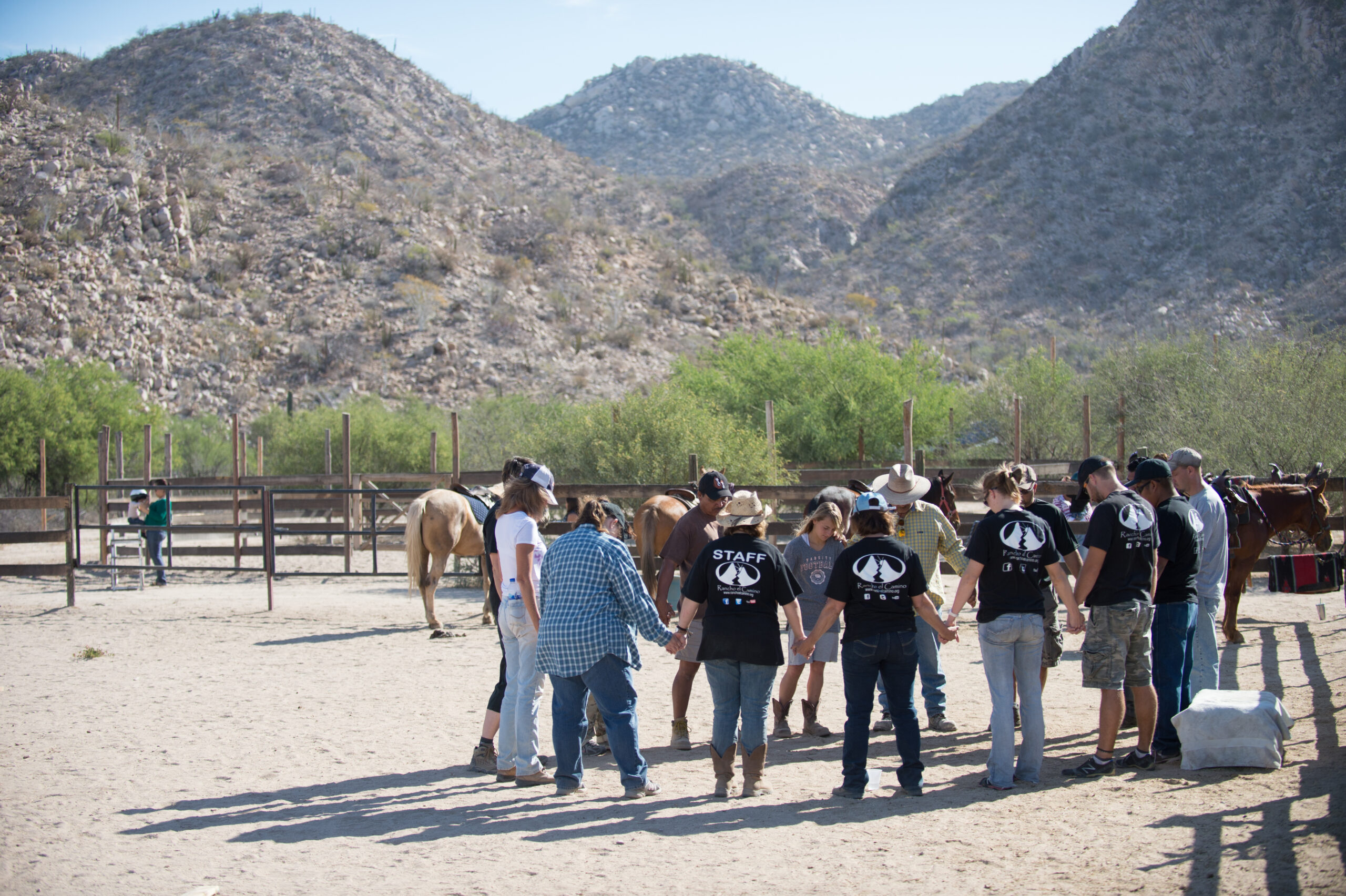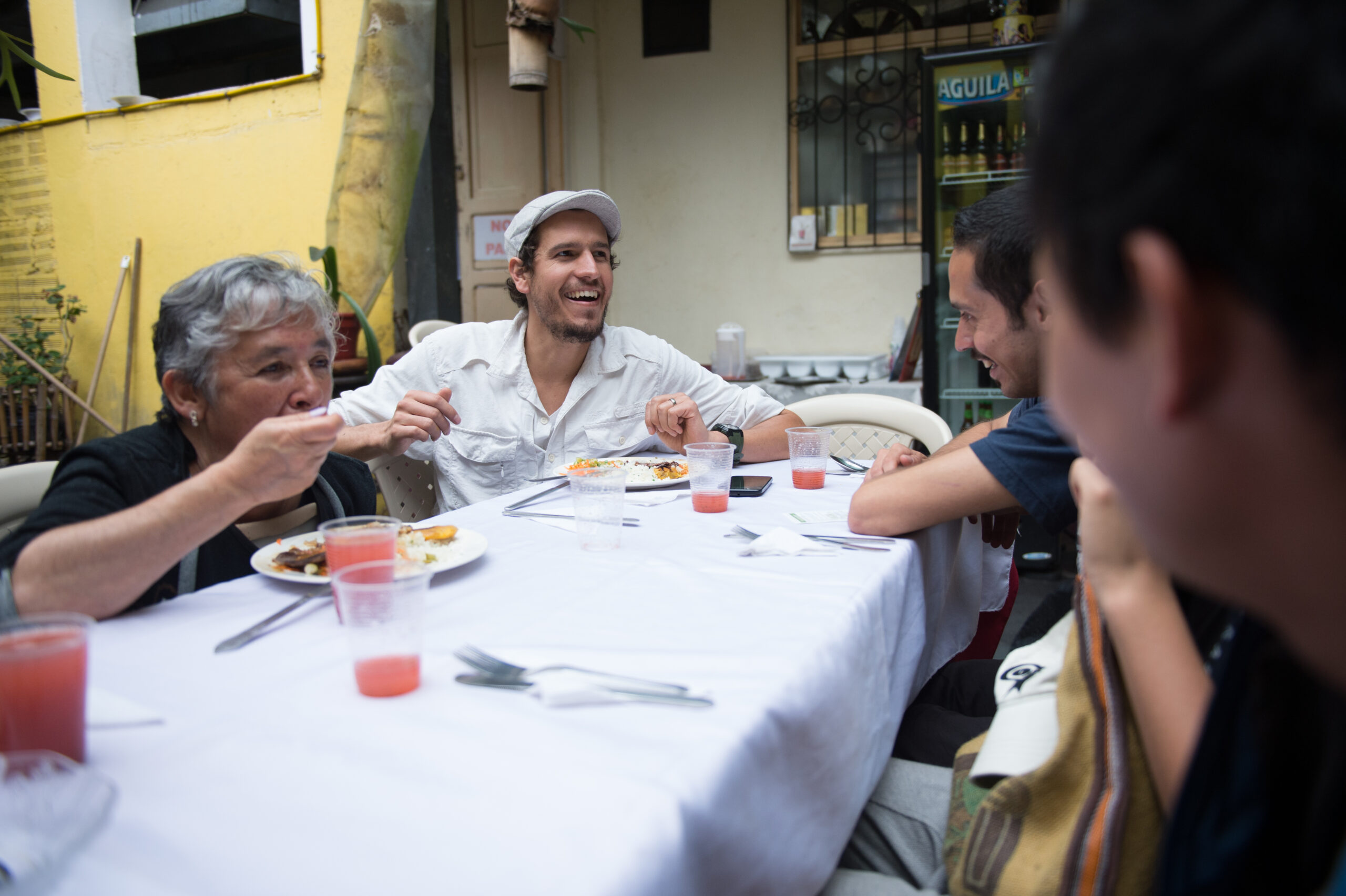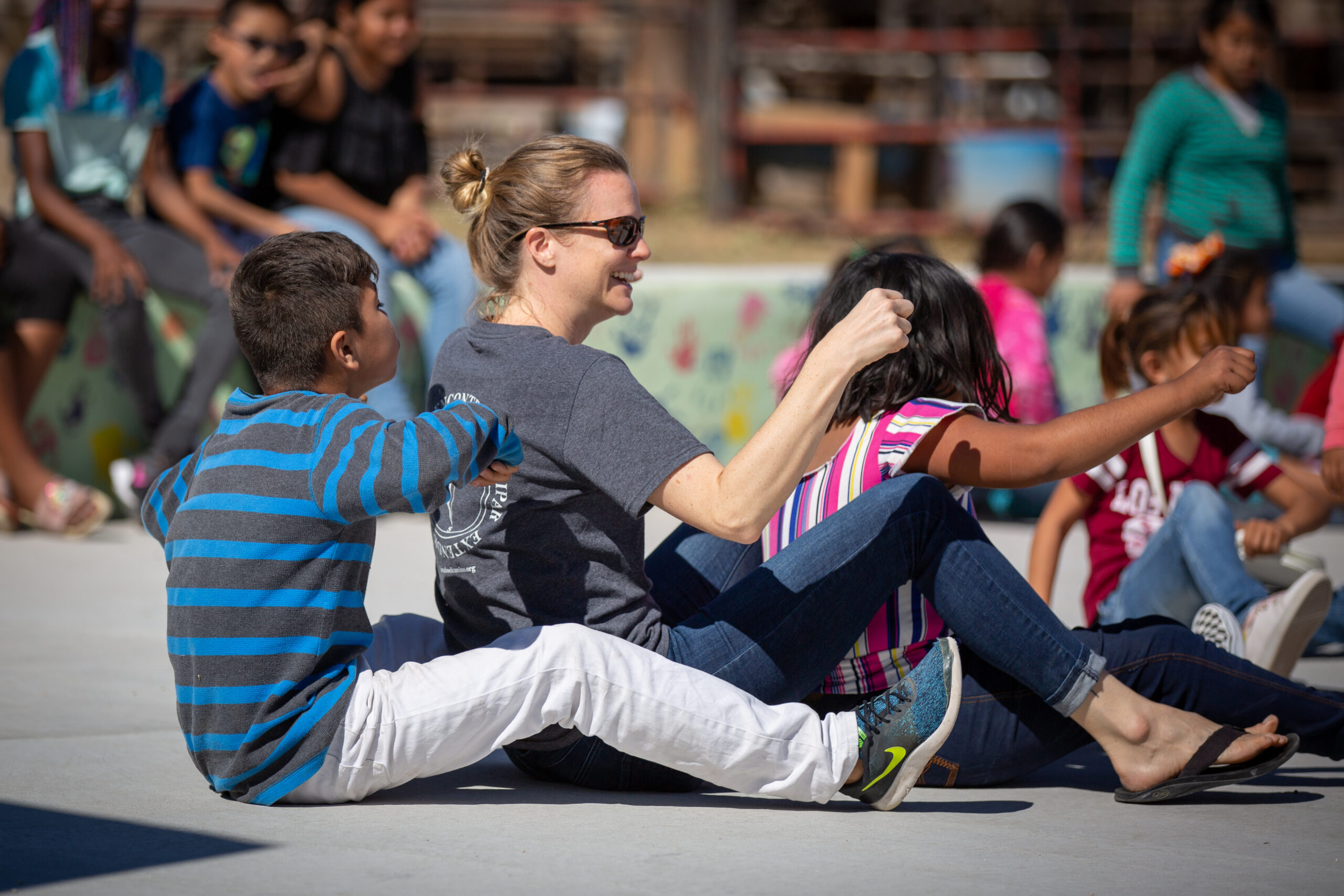Chad
Chad is home to nearly 19 million people, including over 140 different people groups. The largest religion is Islam, and only about 7% of the population is considered evangelical Christian.
Eswatini
Eswatini is a largely Christian country but with only about 20% of the population considered evangelical.
Mozambique
Mozambique has a population of over 34 million, made up of 57 different people groups. Nearly 20% of those people groups are unreached.
North Africa
North Africa is a region made up of hundreds of unreached people groups living in a predominantly Muslim culture. TEAM is blessed to work in several countries within this region through educational and other avenues of ministry and work.
South Africa
South Africa is home to over 60 million people, just under 1 million of whom are considered unreached.
Zimbabwe
Zimbabwe is home to over 40 people groups which make up its total population of nearly 17 million people. While Christianity is the largest religion in Zimbabwe, only about 25% of the population is considered evangelical.
East Asia
The countries in East Asia account for a population of over 1.6 billion people, 74% of whom are unreached. Many people come from Buddhist, Hindu, Muslim, or Taoist backgrounds, while others live in a culture that is largely atheistic.
South Asia
South Asia is home to nearly 4,000 different people groups. The region’s major religions include Hinduism, Buddhism, Sikhism, Jainism, and an increasing influence of Islam. Approximately 95% of the population in South Asia is considered unreached.
South East Asia
South East Asia is home to nearly 700 million people representing over 1,800 different people groups. Of these, 38% are considered unreached. The predominant religions in this region include Buddhism, Islam, and Animism.
Brazil
Brazil is home to over 200 million people. Within that population exist nearly 50 unreached people groups.
Canada
Canada is a multi-cultural country with nearly 300 different people groups, 21% of which are considered unreached. Only 7% of those living in Canada are considered evangelical Christians.
Guatemala
Guatemala is a central American country with a total population of over 18 million people. The largest religious affiliation in Guatemala is Catholicism, and just under 25% of the population is considered evangelical.
Mexico
Mexico has a total population of just under 130 million people comprised of over 300 people groups. Only 10% of Mexico’s population is considered evangelical.
Peru
Peru is home to over 100 people groups making up a population of over 34 million. While Christianity is the predominant religion in Peru, only 14% are considered evangelical.
United States
The United States today is a melting pot of people and cultures, as it has been for most of its history. Its population of over 340 million includes in excess of 500 different people groups, nearly 100 of which are considered unreached.
Austria
Austria is a nation with a population just under 9 million people. While Christianity is the largest religion in Austria, less than 1% of people are considered evangelical Christians.
Czech Republic
Czech Republic (Czechia) is home to over 10 million people. It is a nation where the majority of people are considered “non-religious,” and less than 1% are evangelical Christians.
France
France is home to over 64 million people representing over 100 people groups. While Christianity is a predominant religion in France, only about 1% of people are considered evangelical Christians, and 4 million people are categorized as unreached.
Germany
Germany has a total population of just over 83 million people. Of that population, over 5 million are considered unreached, including 27 different people groups.
Greece
Greece has a total population of over 10 million people, including 53 people groups. While Christianity is the largest religion in Greece, less than 1% of people are considered evangelical Christians.
Hungary
With a population of nearly 10 million people, Hungary consists of just 3% evangelical Christian.
Ireland
While Ireland’s population consists of only about 1.5% evangelical Christians, the Gospel is growing at a higher rate than most places around the globe.
Italy
Italy is home to nearly 59 million people, less than 2% of whom are considered evangelical Christians. Italy’s population includes 23 unreached people groups representing over 2 million people.
Portugal
Portugal has a total population of over 10 million people, including 43 different people groups. While Christianity is Portugal’s largest religion, only about 3.5% of people living in Portugal are considered evangelical Christians.
Spain
Spain is home to over 47 million people, and Christianity is its largest religion. However, over 1 million people in Spain are still considered unreached, and the evangelical Christian population is less than 2%.
Ukraine
Ukraine is home to nearly 78 different people groups, approximately one-third of which are considered unreached. Despite the war going on in Ukraine, TEAM is blessed to be able to serve and partner with Ukrainians both within the country’s borders as well as with Ukrainian refugees in other regions.
United Kingdom
The United Kingdom is home to nearly 68 million people, 5.5 million of whom are considered unreached. The population in the UK is roughly 7.5% evangelical Christian, and Gospel growth has become stagnant in recent years.

Chad
Chad is home to nearly 19 million people, including over 140 different people groups. The largest religion is Islam, and only about 7% of the population is considered evangelical Christian.
connect with a mission coach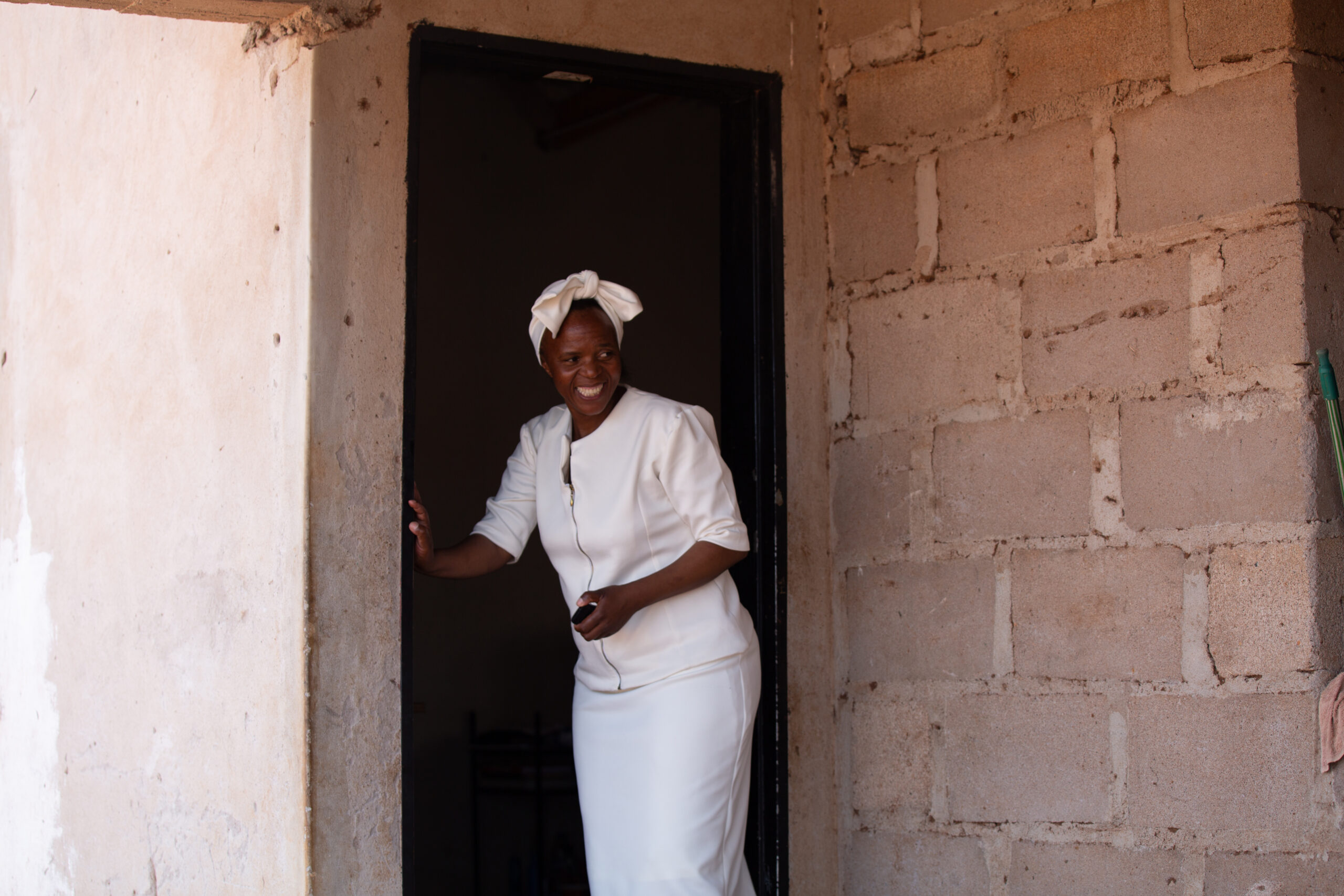
Eswatini
Eswatini is a largely Christian country but with only about 20% of the population considered evangelical.
connect with a mission coach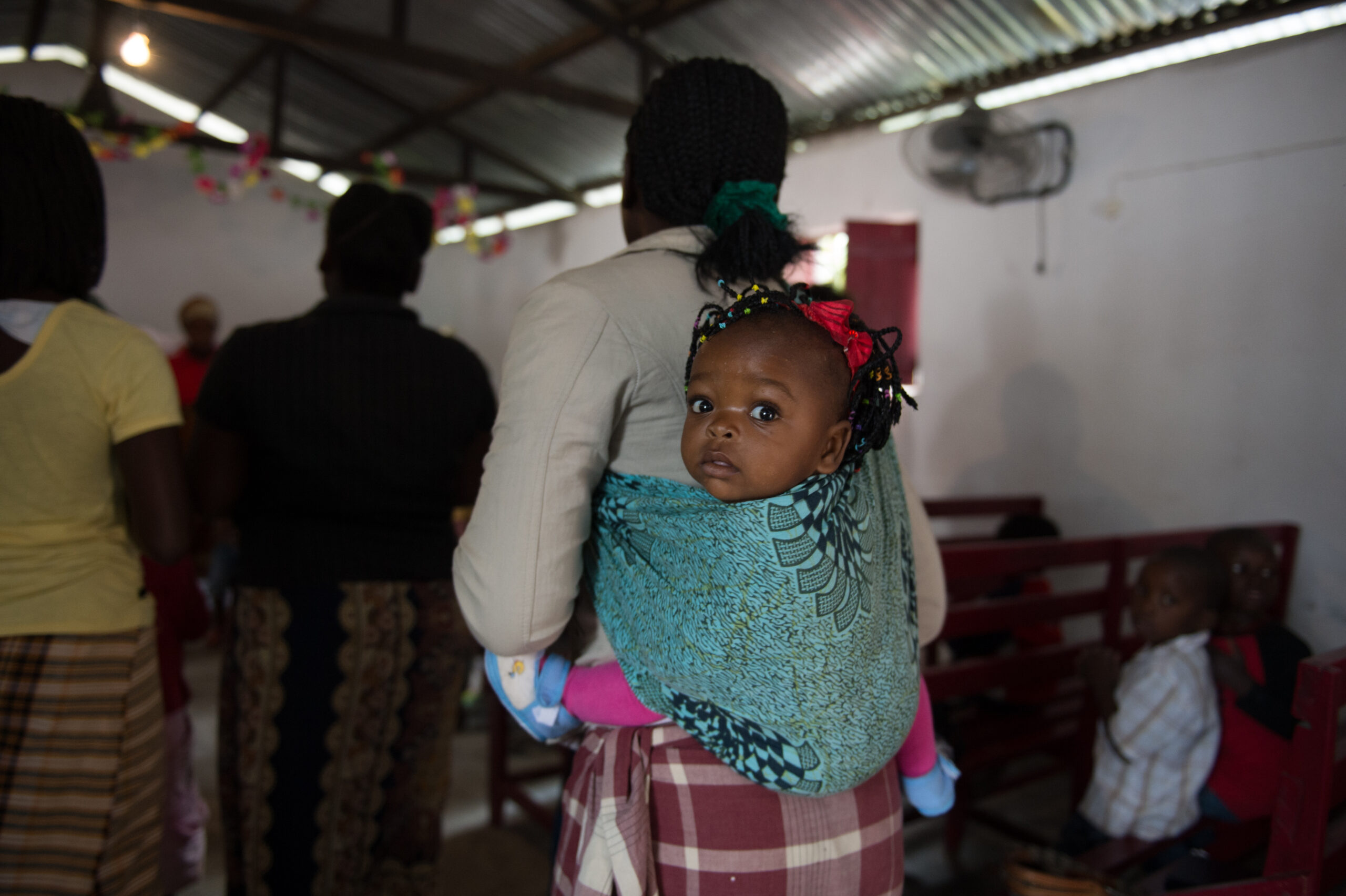
Mozambique
Mozambique has a population of over 34 million, made up of 57 different people groups. Nearly 20% of those people groups are unreached.
connect with a mission coach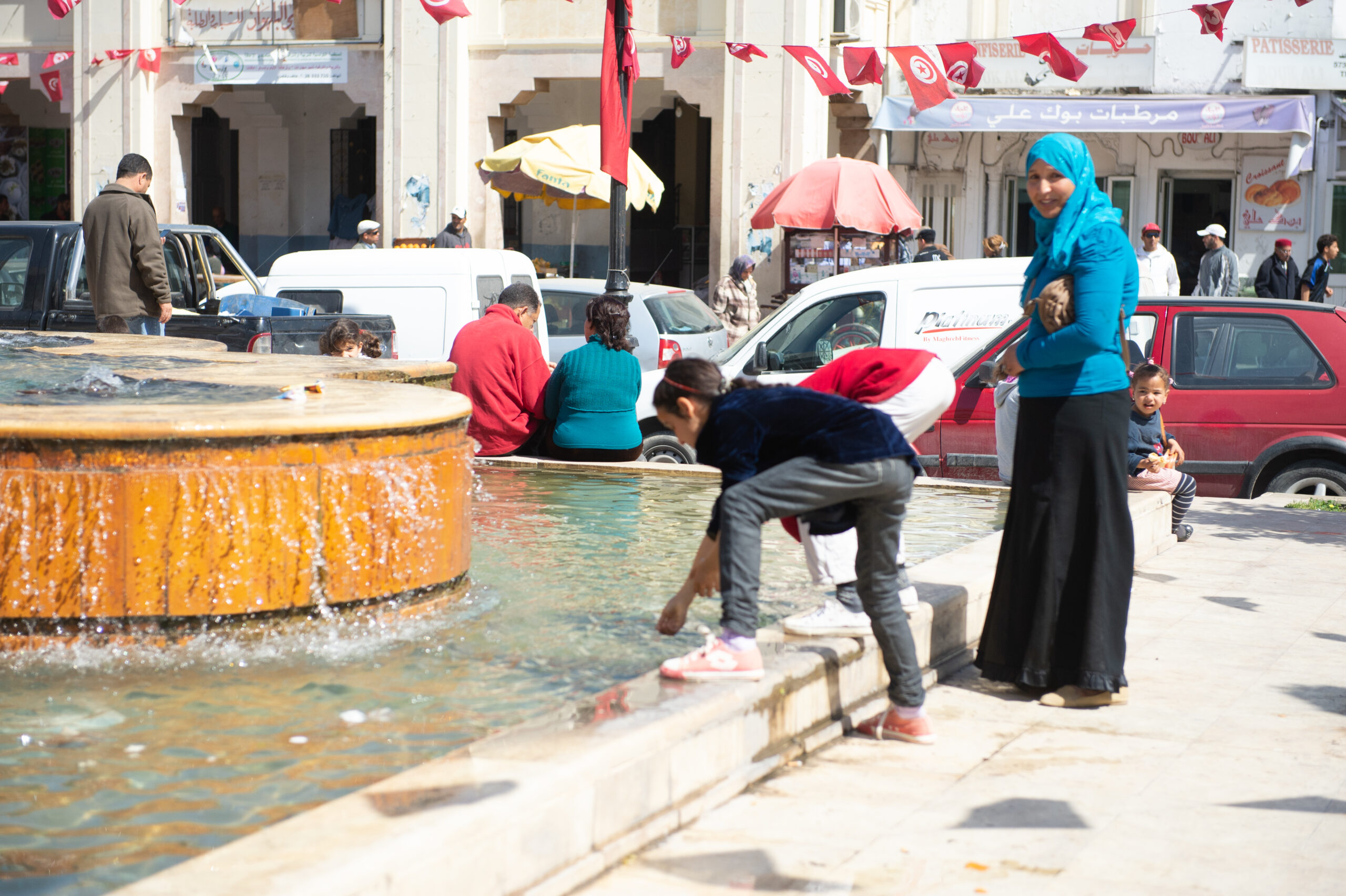
North Africa
North Africa is a region made up of hundreds of unreached people groups living in a predominantly Muslim culture. TEAM is blessed to work in several countries within this region through educational and other avenues of ministry and work.
connect with a mission coach
North Africa
North Africa is a region made up of hundreds of unreached people groups living in a predominantly Muslim culture. TEAM is blessed to work in several countries within this region through educational and other avenues of ministry and work.
connect with a mission coach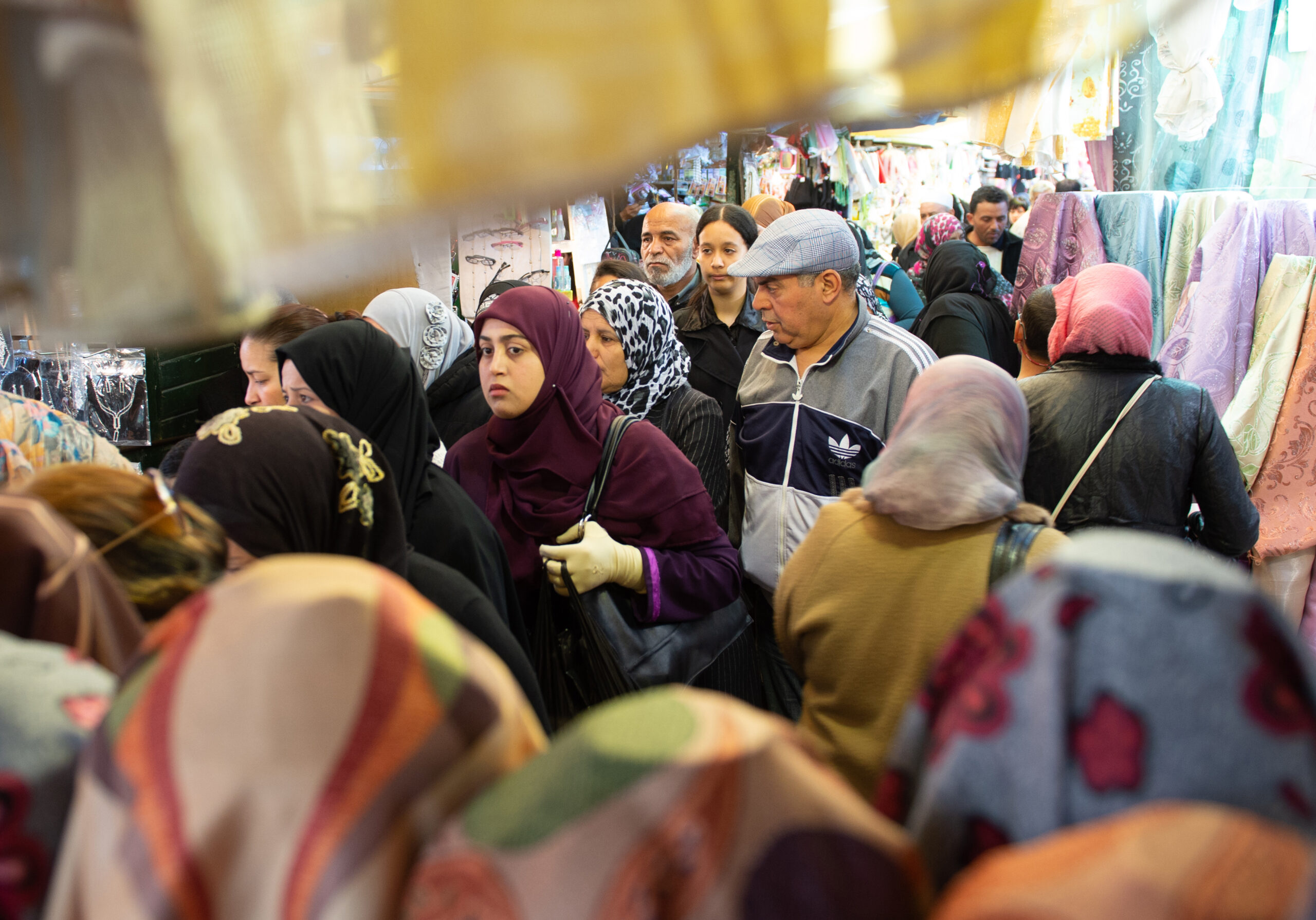
North Africa
North Africa is a region made up of hundreds of unreached people groups living in a predominantly Muslim culture. TEAM is blessed to work in several countries within this region through educational and other avenues of ministry and work.
connect with a mission coach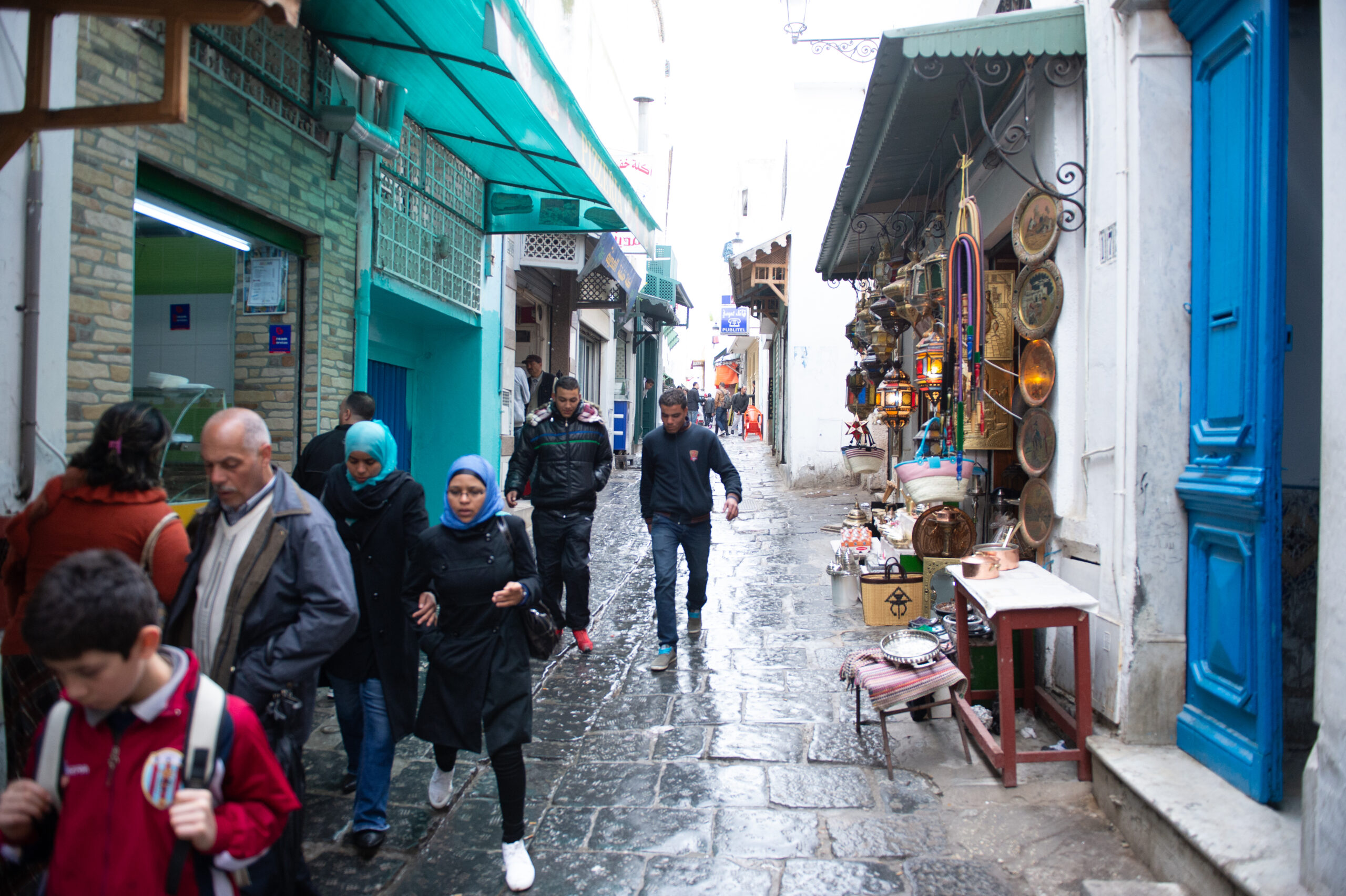
North Africa
North Africa is a region made up of hundreds of unreached people groups living in a predominantly Muslim culture. TEAM is blessed to work in several countries within this region through educational and other avenues of ministry and work.
connect with a mission coach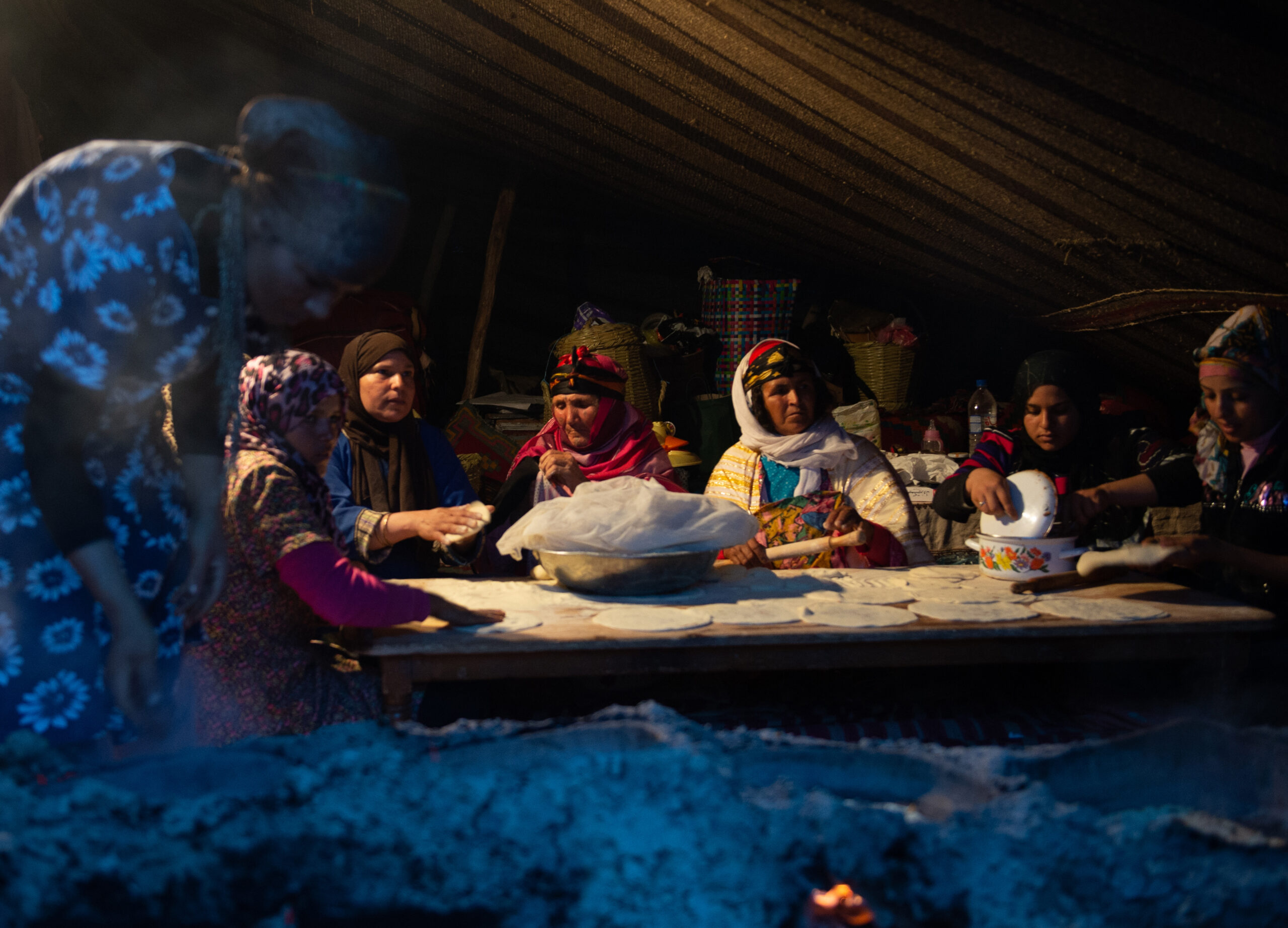
North Africa
North Africa is a region made up of hundreds of unreached people groups living in a predominantly Muslim culture. TEAM is blessed to work in several countries within this region through educational and other avenues of ministry and work.
connect with a mission coach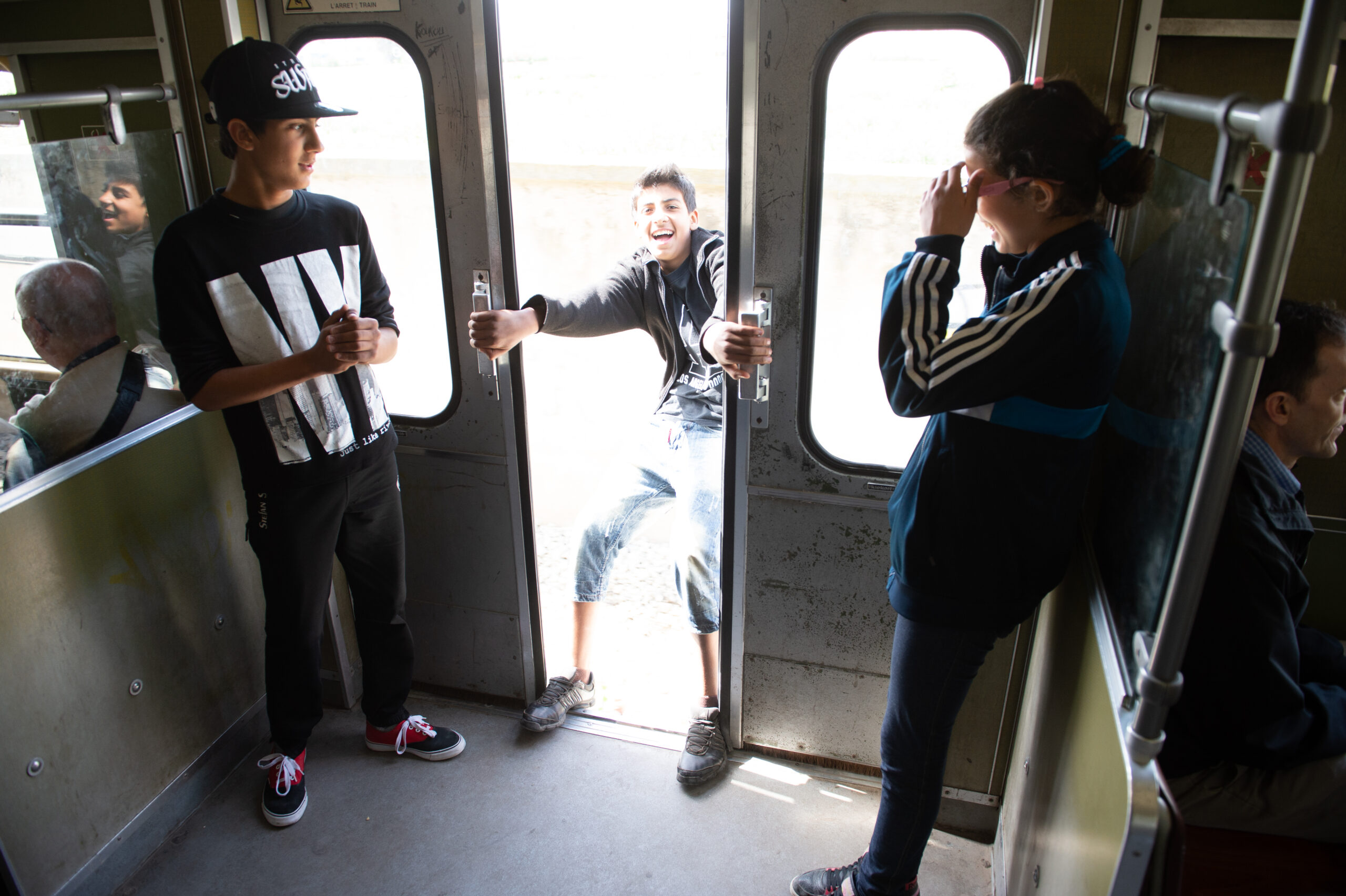
North Africa
North Africa is a region made up of hundreds of unreached people groups living in a predominantly Muslim culture. TEAM is blessed to work in several countries within this region through educational and other avenues of ministry and work.
connect with a mission coach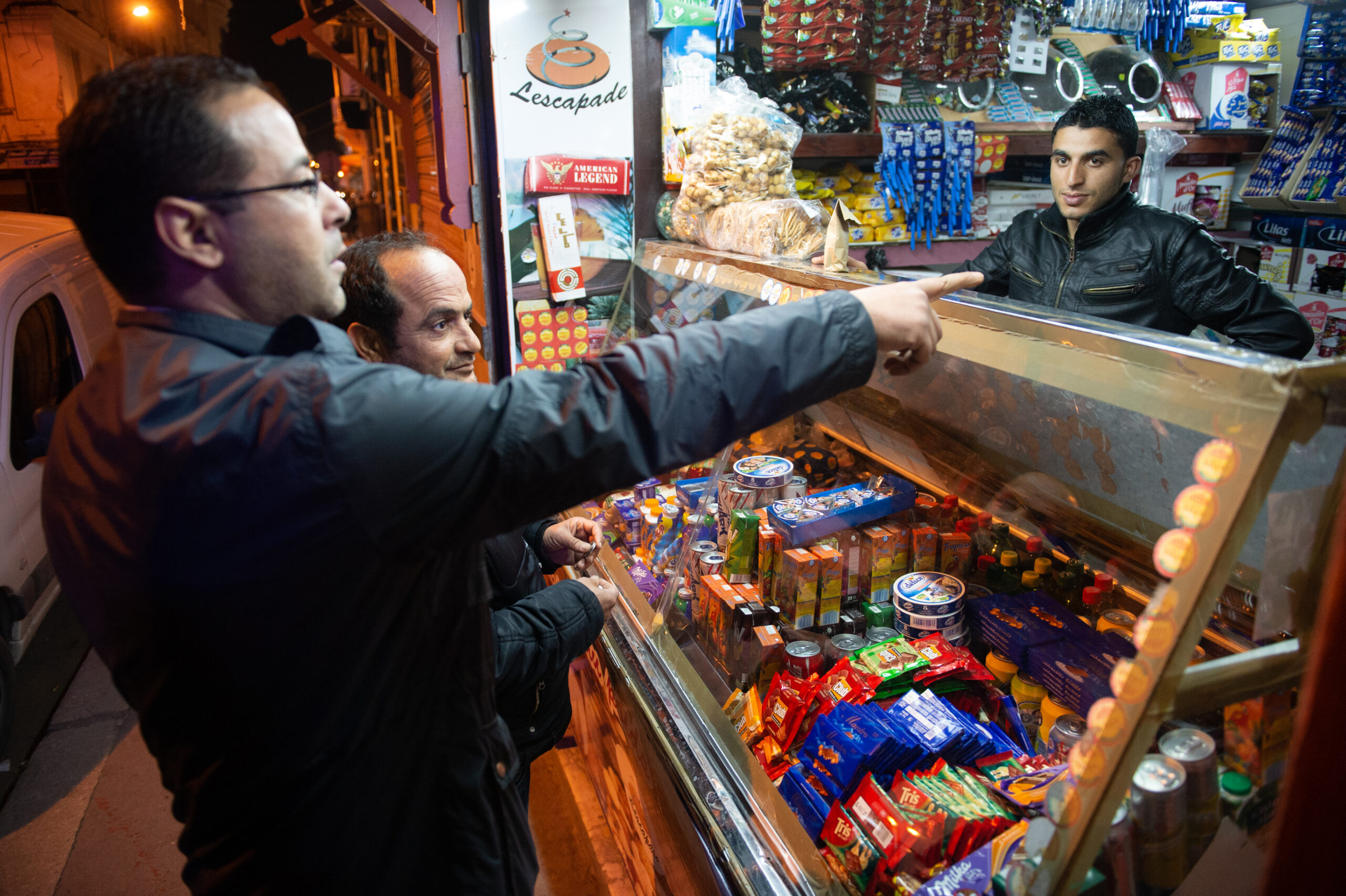
North Africa
North Africa is a region made up of hundreds of unreached people groups living in a predominantly Muslim culture. TEAM is blessed to work in several countries within this region through educational and other avenues of ministry and work.
connect with a mission coach
South Africa
South Africa is home to over 60 million people, just under 1 million of whom are considered unreached.
connect with a mission coach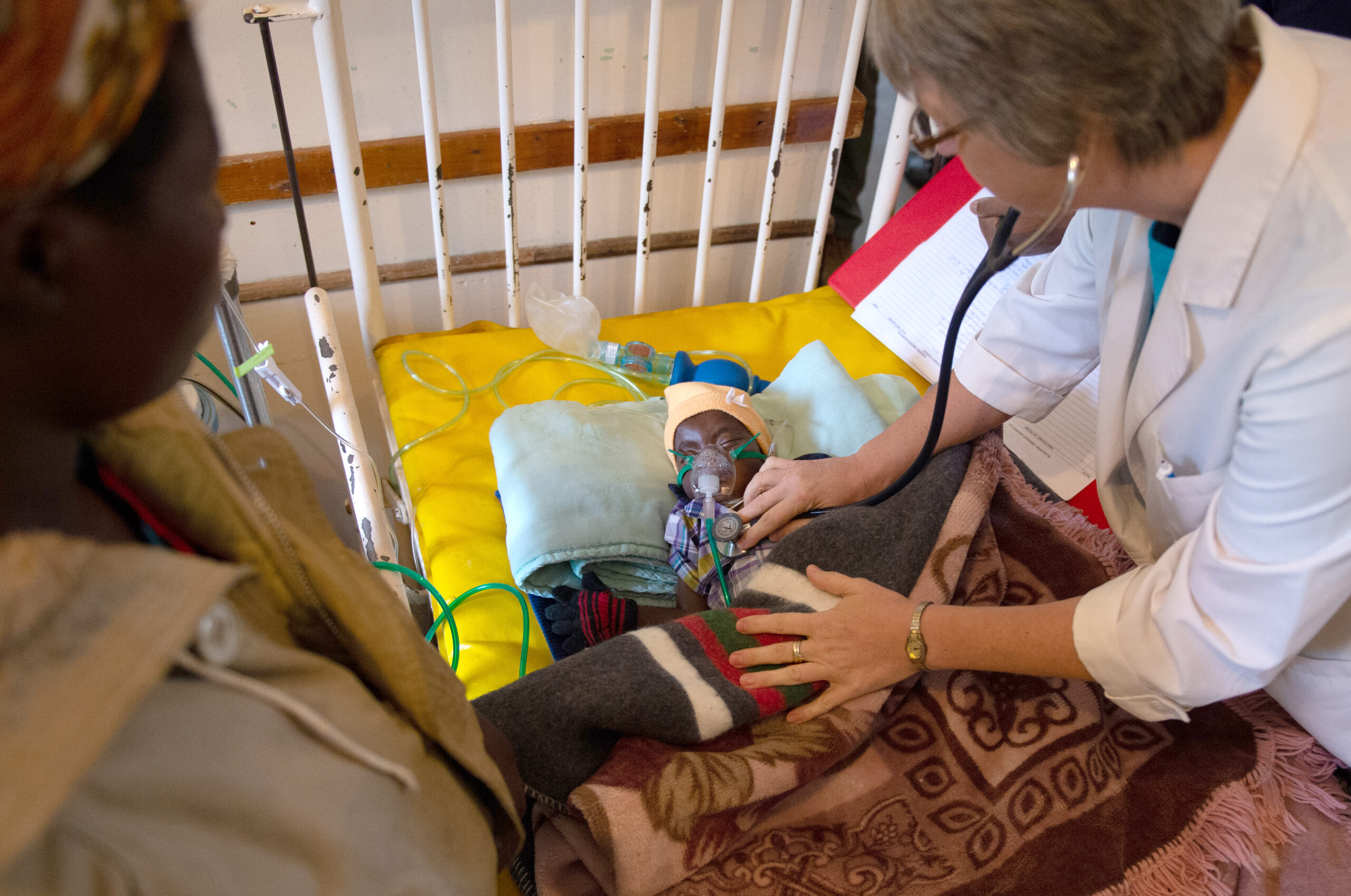
Zimbabwe
Zimbabwe is home to over 40 people groups which make up its total population of nearly 17 million people. While Christianity is the largest religion in Zimbabwe, only about 25% of the population is considered evangelical.
connect with a mission coach
East Asia
The countries in East Asia account for a population of over 1.6 billion people, 74% of whom are unreached. Many people come from Buddhist, Hindu, Muslim, or Taoist backgrounds, while others live in a culture that is largely atheistic.
connect with a mission coach
Japan
Japan is home to a population of 122 million people, including 38 different people groups. Its largest religion is Buddhism, and less than 1% of people in Japan are evangelical Christians.
connect with a mission coach
East Asia
The countries in East Asia account for a population of over 1.6 billion people, 74% of whom are unreached. Many people come from Buddhist, Hindu, Muslim, or Taoist backgrounds, while others live in a culture that is largely atheistic.
connect with a mission coach
East Asia
The countries in East Asia account for a population of over 1.6 billion people, 74% of whom are unreached. Many people come from Buddhist, Hindu, Muslim, or Taoist backgrounds, while others live in a culture that is largely atheistic.
connect with a mission coach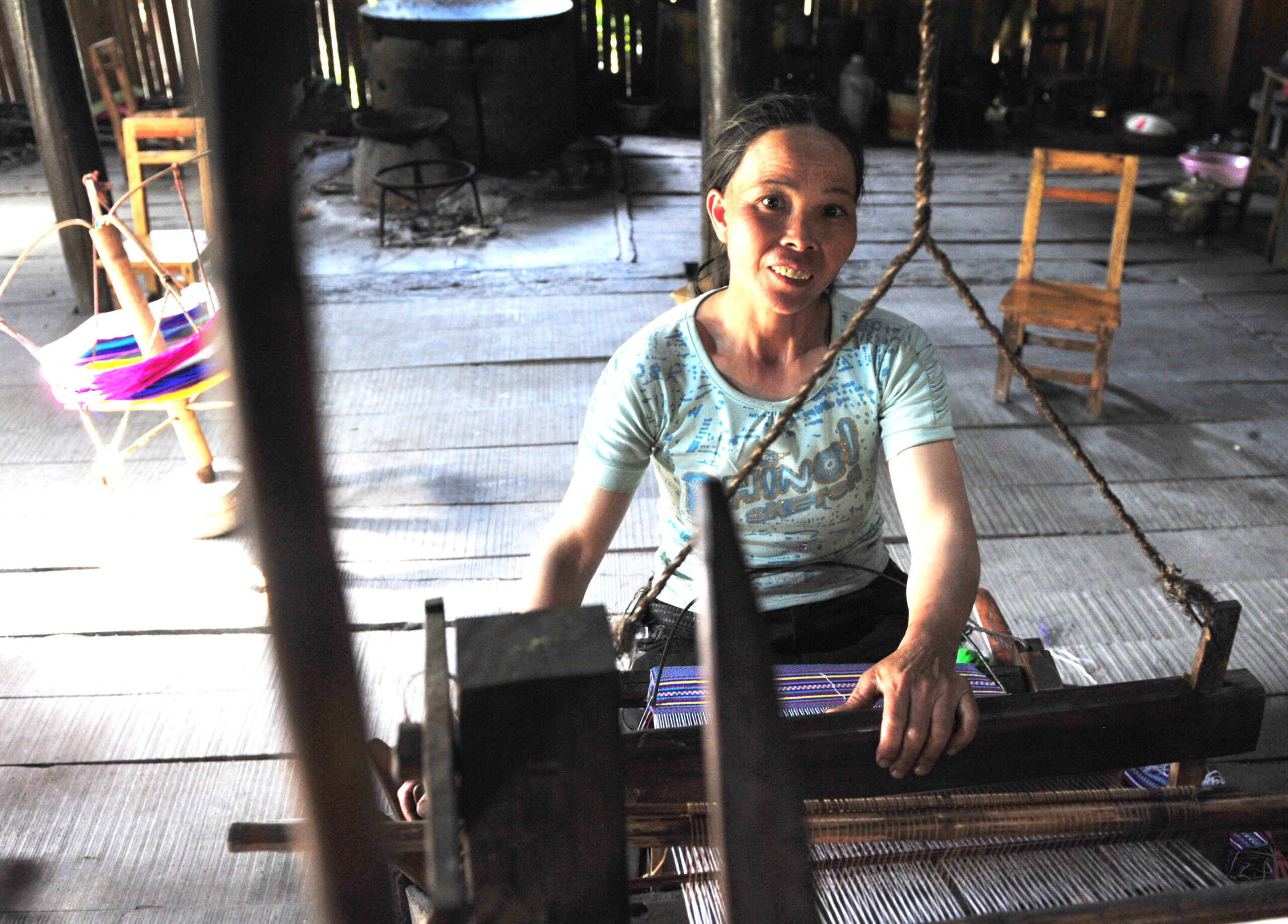
East Asia
The countries in East Asia account for a population of over 1.6 billion people, 74% of whom are unreached. Many people come from Buddhist, Hindu, Muslim, or Taoist backgrounds, while others live in a culture that is largely atheistic.
connect with a mission coach
Taiwan
The countries in East Asia account for a population of over 1.6 billion people, 74% of whom are unreached. Many people come from Buddhist, Hindu, Muslim, or Taoist backgrounds, while others live in a culture that is largely atheistic.
Connect with a Missions Coach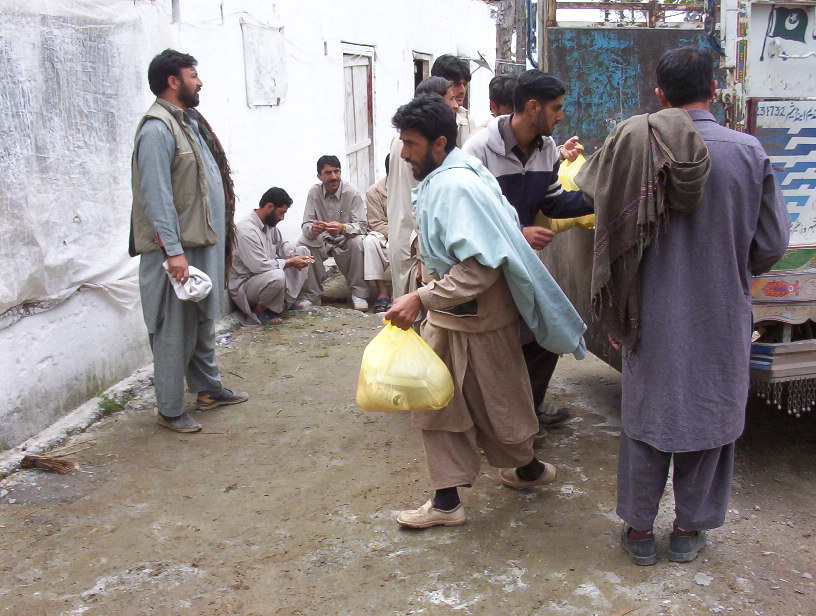
South Asia
South Asia is home to nearly 4,000 different people groups. The region’s major religions include Hinduism, Buddhism, Sikhism, Jainism, and an increasing influence of Islam. Approximately 95% of the population in South Asia is considered unreached.
connect with a mission coach
South Asia
South Asia is home to nearly 4,000 different people groups. The region’s major religions include Hinduism, Buddhism, Sikhism, Jainism, and an increasing influence of Islam. Approximately 95% of the population in South Asia is considered unreached.
connect with a mission coach
South Asia
South Asia is home to nearly 4,000 different people groups. The region’s major religions include Hinduism, Buddhism, Sikhism, Jainism, and an increasing influence of Islam. Approximately 95% of the population in South Asia is considered unreached.
connect with a mission coach
South Asia
South Asia is home to nearly 4,000 different people groups. The region’s major religions include Hinduism, Buddhism, Sikhism, Jainism, and an increasing influence of Islam. Approximately 95% of the population in South Asia is considered unreached.
connect with a mission coach
South Asia
South Asia is home to nearly 4,000 different people groups. The region’s major religions include Hinduism, Buddhism, Sikhism, Jainism, and an increasing influence of Islam. Approximately 95% of the population in South Asia is considered unreached.
connect with a mission coach
South Asia
South Asia is home to nearly 4,000 different people groups. The region’s major religions include Hinduism, Buddhism, Sikhism, Jainism, and an increasing influence of Islam. Approximately 95% of the population in South Asia is considered unreached.
connect with a mission coach
South Asia
South Asia is home to nearly 4,000 different people groups. The region’s major religions include Hinduism, Buddhism, Sikhism, Jainism, and an increasing influence of Islam. Approximately 95% of the population in South Asia is considered unreached.
connect with a mission coachSouth East Asia
Lorem ipsum dolor sit amet, consectetur adipisicing elit. Animi consequatur dolore dolorem impedit laborum maxime qui saepe tenetur voluptas. Aliquam corporis delectus dolor fuga porro! Non reiciendis, vitae! Commodi, reprehenderit!
connect with a mission coach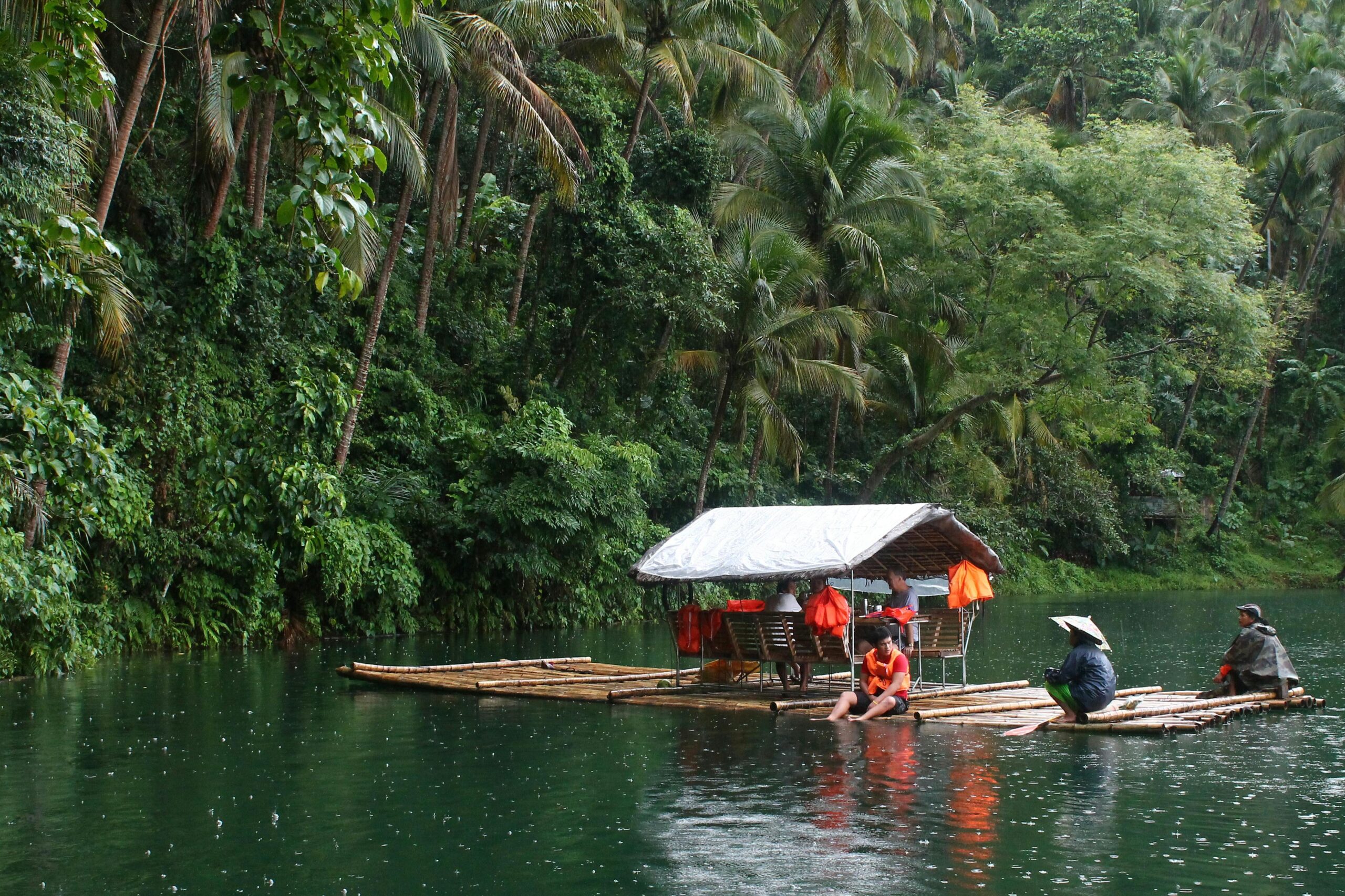
South East Asia
South East Asia is home to nearly 700 million people representing over 1,800 different people groups. Of these, 38% are considered unreached. The predominant religions in this region include Buddhism, Islam, and Animism.
connect with a mission coach
South East Asia
South East Asia is home to nearly 700 million people representing over 1,800 different people groups. Of these, 38% are considered unreached. The predominant religions in this region include Buddhism, Islam, and Animism.
connect with a mission coach
South East Asia
South East Asia is home to nearly 700 million people representing over 1,800 different people groups. Of these, 38% are considered unreached. The predominant religions in this region include Buddhism, Islam, and Animism.
connect with a mission coach
South East Asia
South East Asia is home to nearly 700 million people representing over 1,800 different people groups. Of these, 38% are considered unreached. The predominant religions in this region include Buddhism, Islam, and Animism.
connect with a mission coach
South East Asia
South East Asia is home to nearly 700 million people representing over 1,800 different people groups. Of these, 38% are considered unreached. The predominant religions in this region include Buddhism, Islam, and Animism.
connect with a mission coach
South East Asia
South East Asia is home to nearly 700 million people representing over 1,800 different people groups. Of these, 38% are considered unreached. The predominant religions in this region include Buddhism, Islam, and Animism.
connect with a mission coach
South East Asia
South East Asia is home to nearly 700 million people representing over 1,800 different people groups. Of these, 38% are considered unreached. The predominant religions in this region include Buddhism, Islam, and Animism.
connect with a mission coach
South East Asia
South East Asia is home to nearly 700 million people representing over 1,800 different people groups. Of these, 38% are considered unreached. The predominant religions in this region include Buddhism, Islam, and Animism.
connect with a mission coach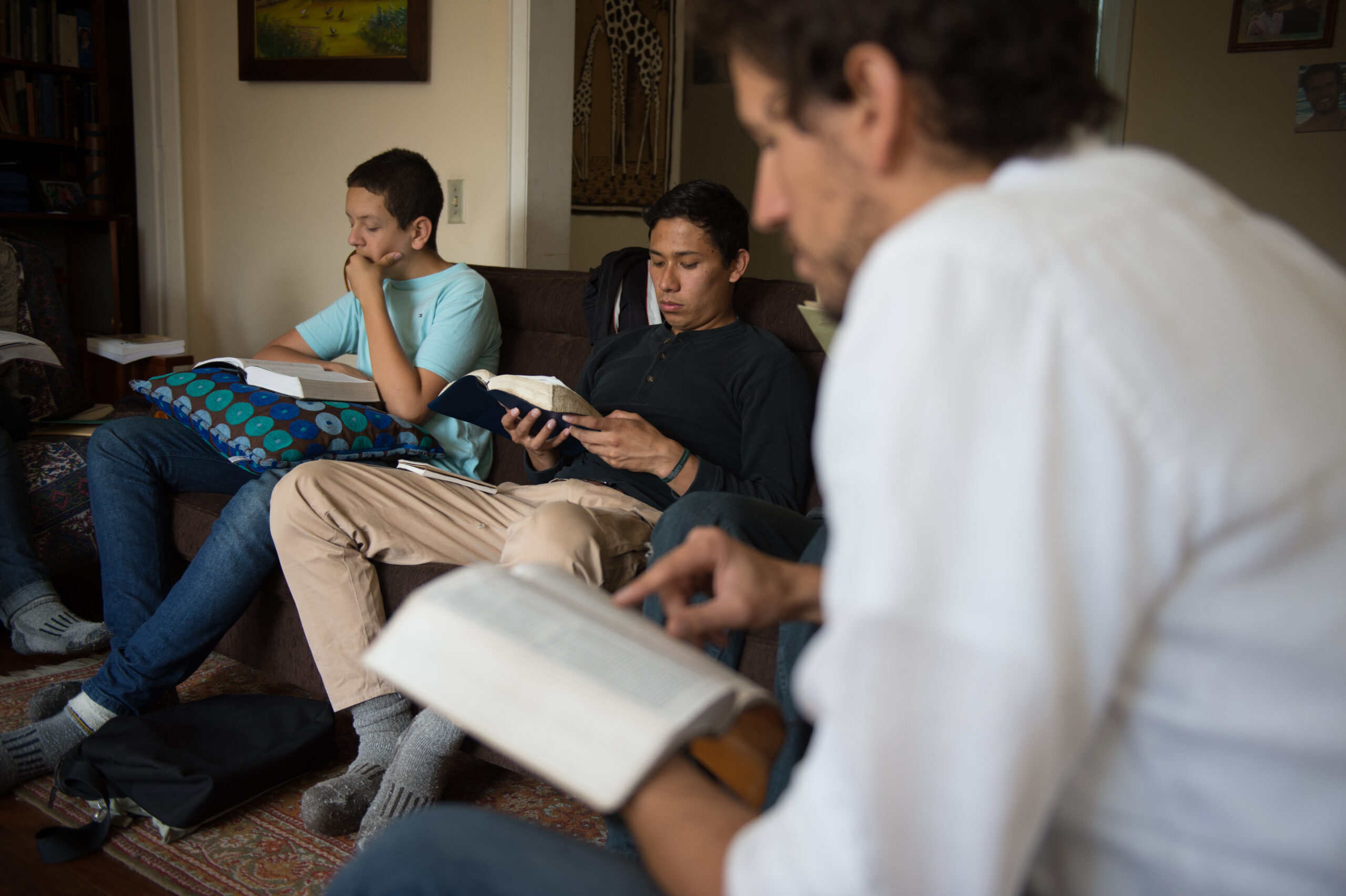
Brazil
Brazil is home to over 200 million people. Within that population exist nearly 50 unreached people groups.
connect with a mission coach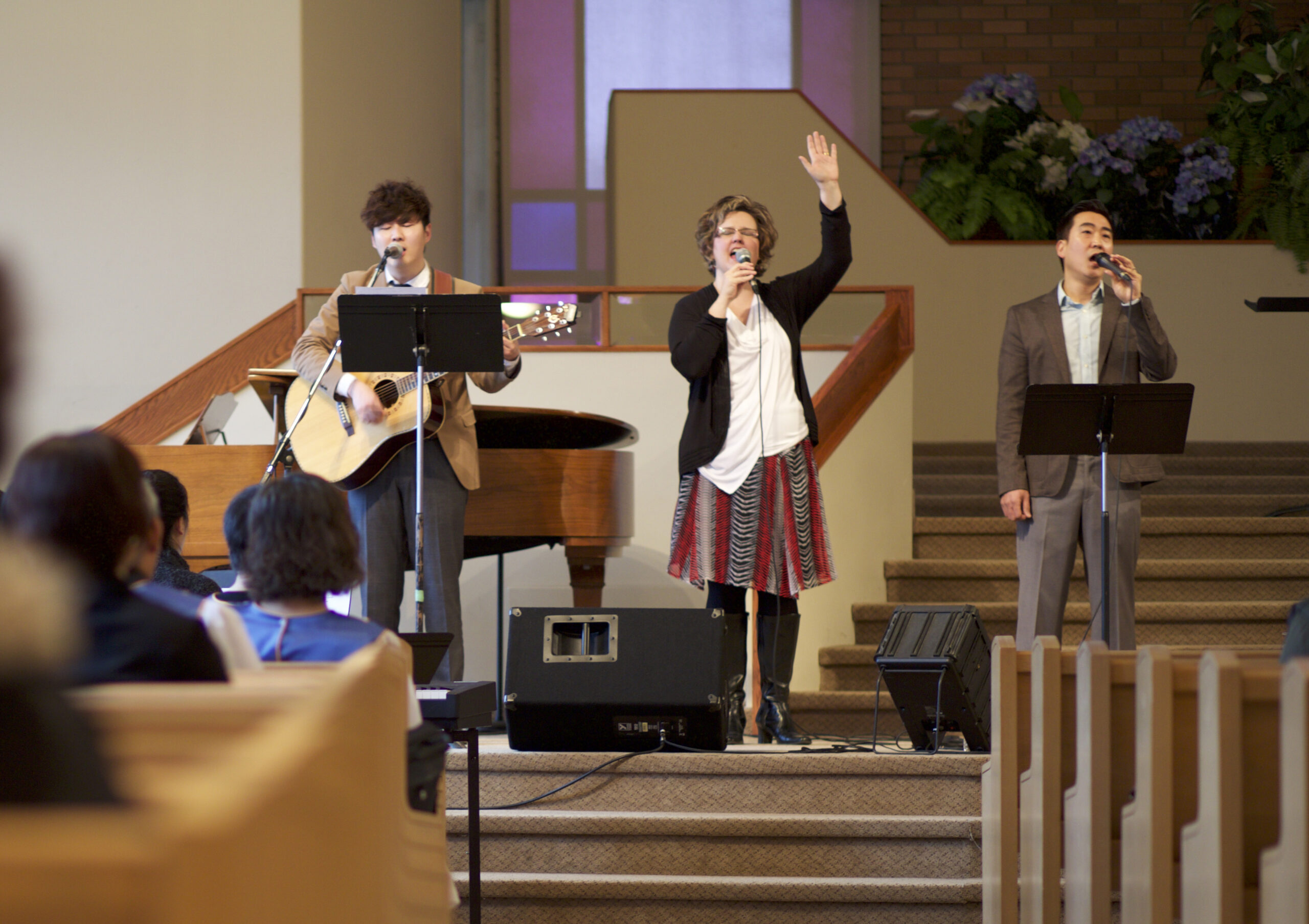
Canada
Canada is a multi-cultural country with nearly 300 different people groups, 21% of which are considered unreached. Only 7% of those living in Canada are considered evangelical Christians.
connect with a mission coach
Guatemala
Guatemala is a central American country with a total population of over 18 million people. The largest religious affiliation in Guatemala is Catholicism, and just under 25% of the population is considered evangelical.
connect with a mission coach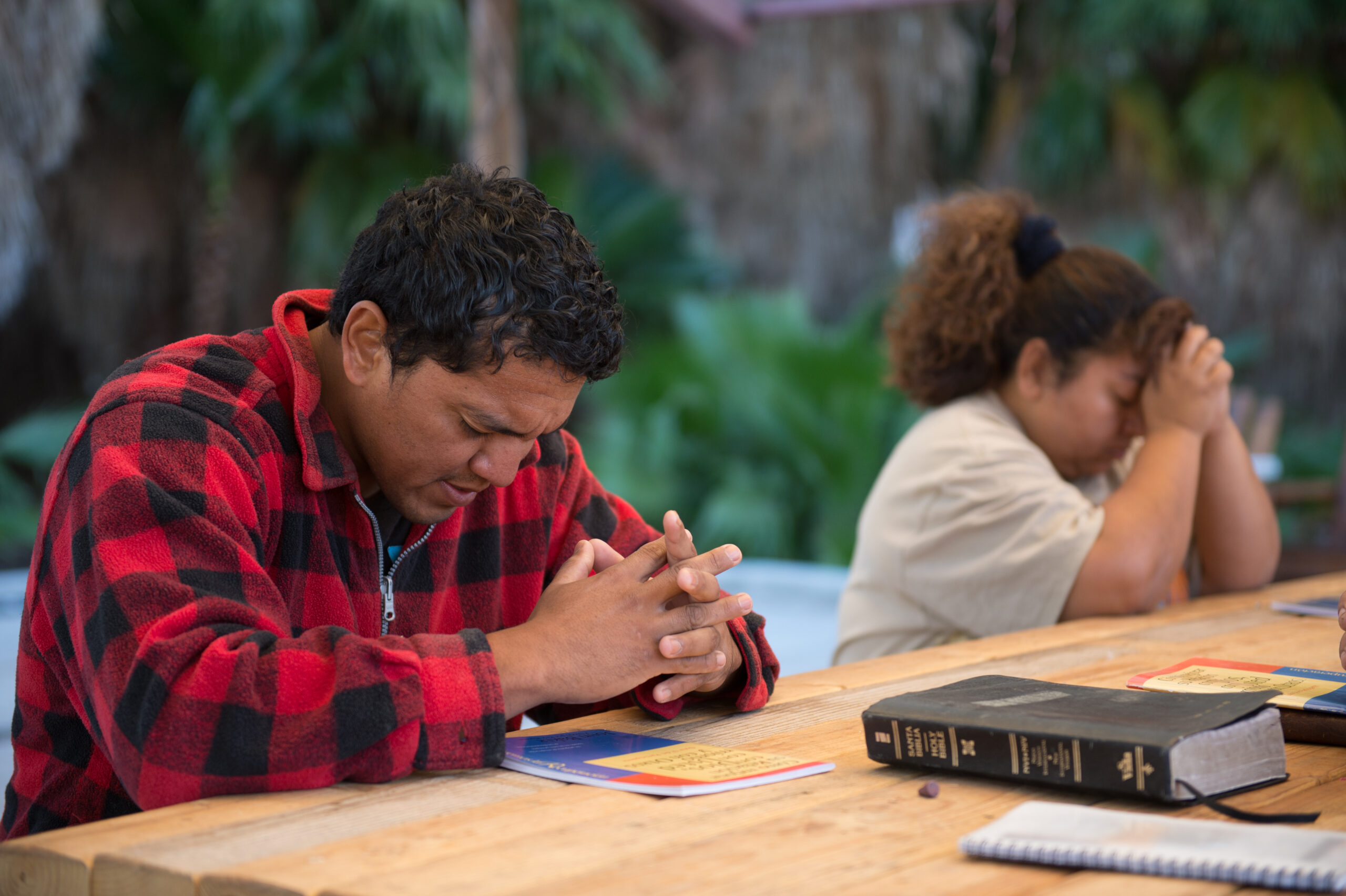
Mexico
Mexico has a total population of just under 130 million people comprised of over 300 people groups. Only 10% of Mexico’s population is considered evangelical.
connect with a mission coach
Peru
Peru is home to over 100 people groups making up a population of over 34 million. While Christianity is the predominant religion in Peru, only 14% are considered evangelical.
connect with a mission coach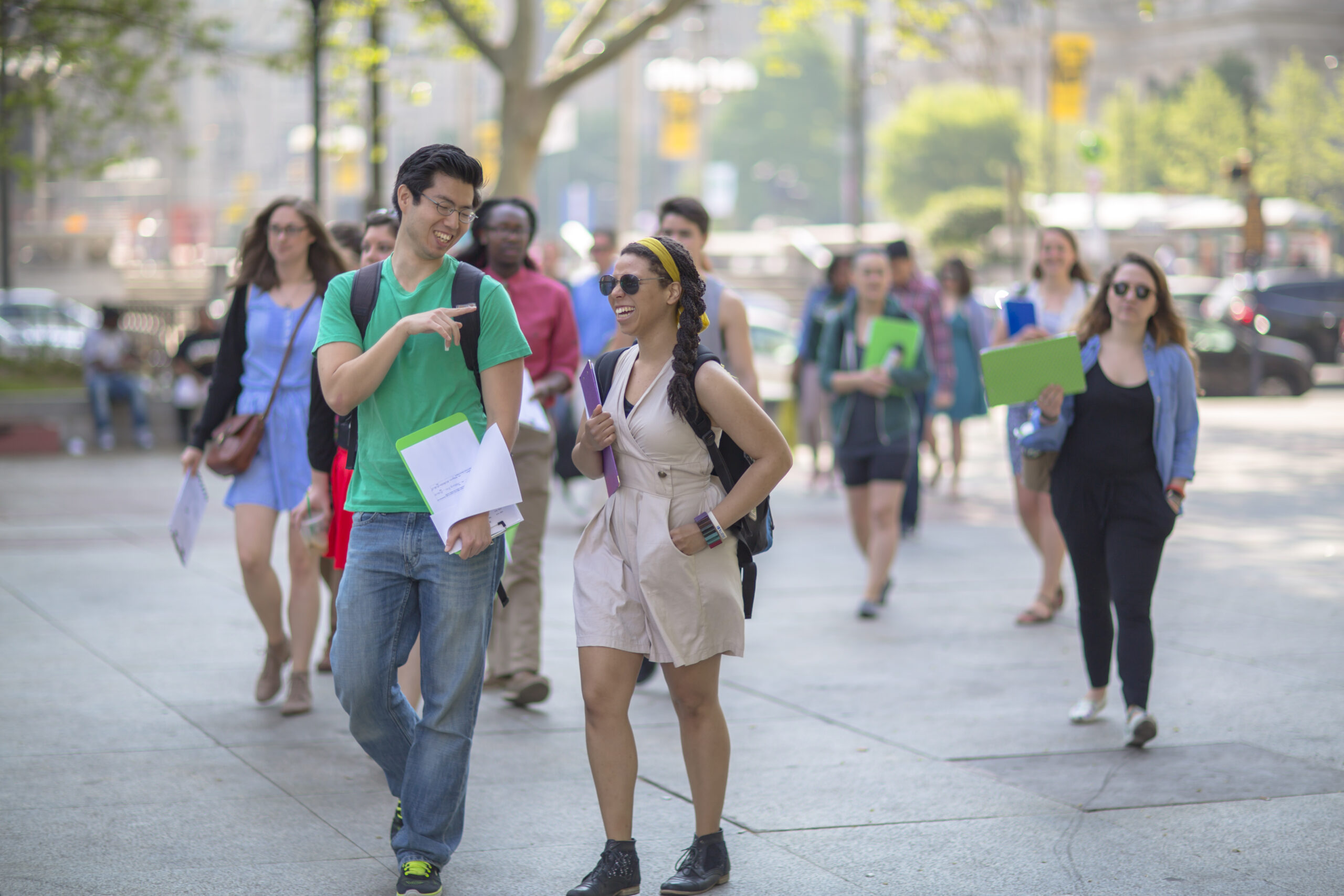
United States
The United States today is a melting pot of people and cultures, as it has been for most of its history. Its population of over 340 million includes in excess of 500 different people groups, nearly 100 of which are considered unreached.
connect with a mission coach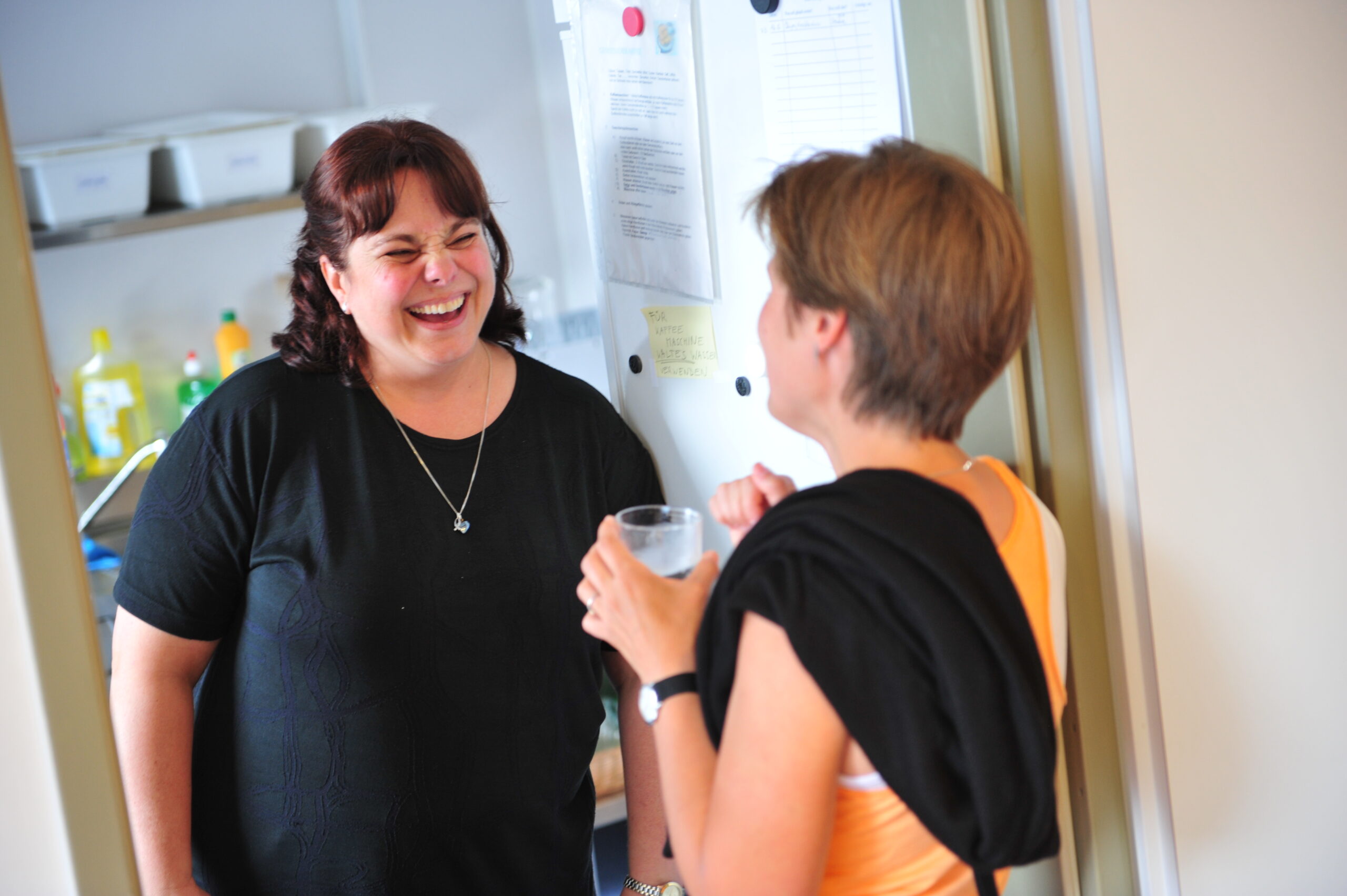
Austria
Austria is a nation with a population just under 9 million people. While Christianity is the largest religion in Austria, less than 1% of people are considered evangelical Christians.
Connect with a missions coach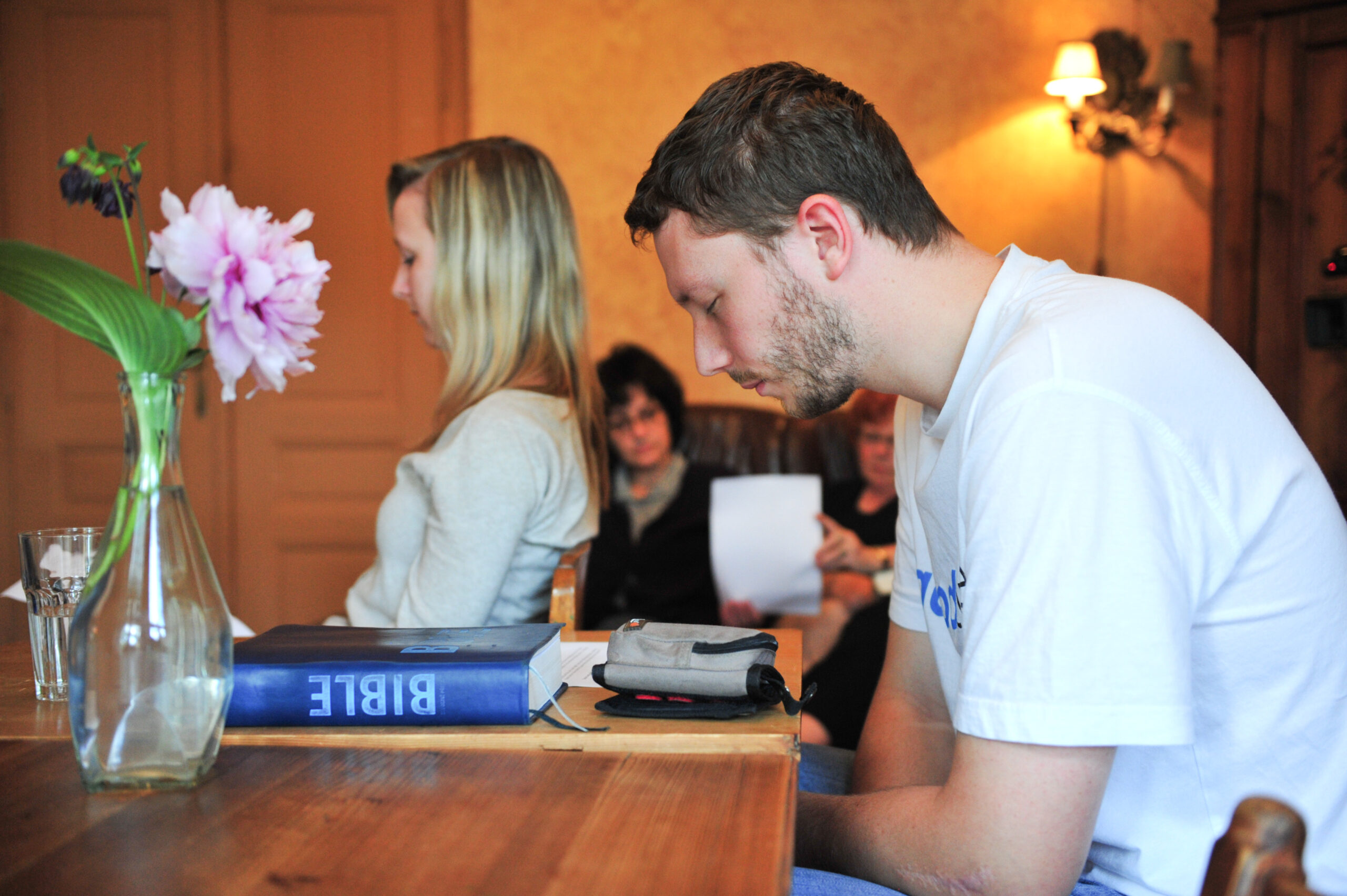
Czech Republic
Czech Republic (Czechia) is home to over 10 million people. It is a nation where the majority of people are considered “non-religious,” and less than 1% are evangelical Christians.
connect with a mission coach
France
France is home to over 64 million people representing over 100 people groups. While Christianity is a predominant religion in France, only about 1% of people are considered evangelical Christians, and 4 million people are categorized as unreached.
connect with a mission coach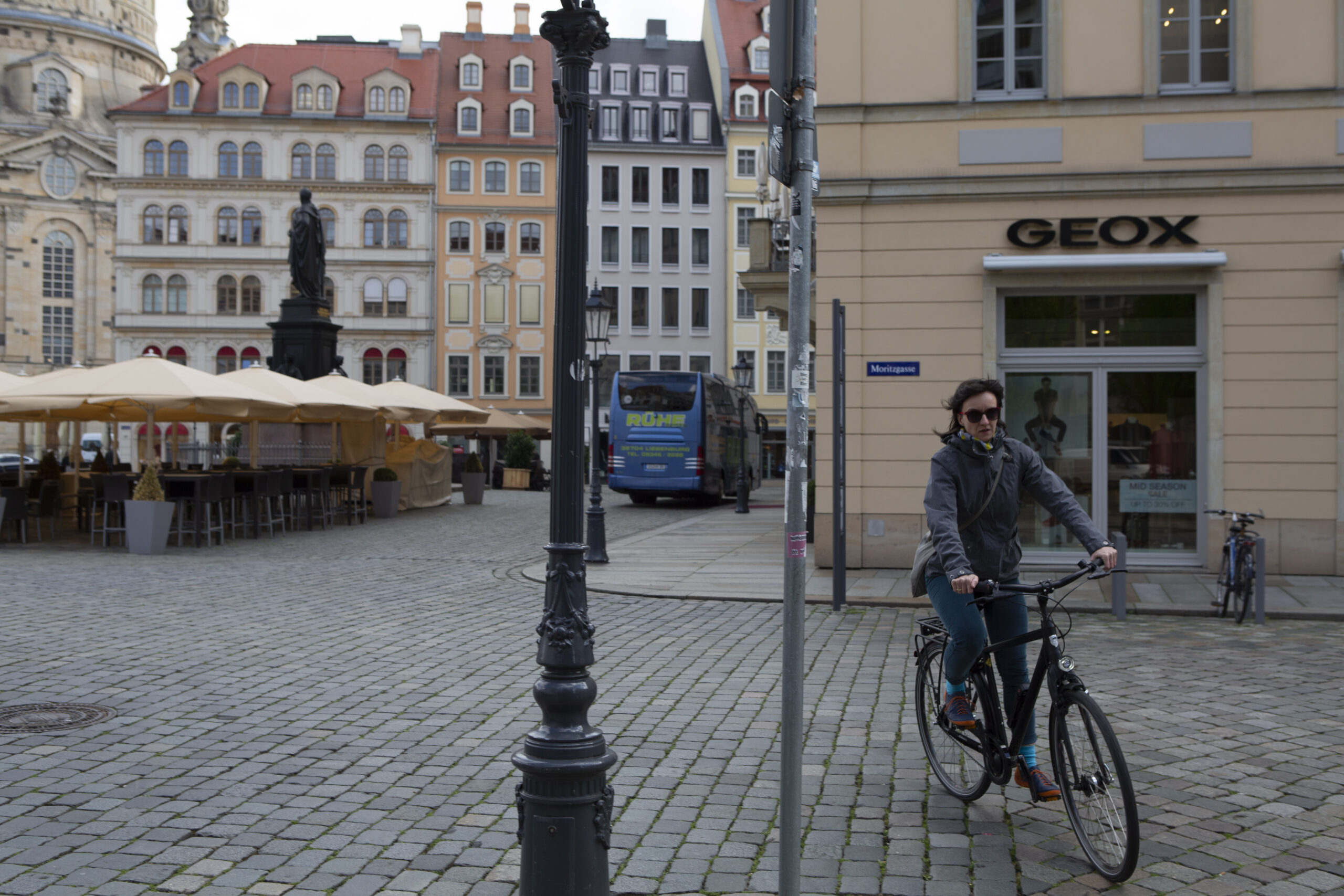
Germany
Germany has a total population of just over 83 million people. Of that population, over 5 million are considered unreached, including 27 different people groups.
connect with a mission coach
Greece
Greece has a total population of over 10 million people, including 53 people groups. While Christianity is the largest religion in Greece, less than 1% of people are considered evangelical Christians.
connect with a mission coach
Hungary
With a population of nearly 10 million people, Hungary consists of just 3% evangelical Christian.
Connect with a missions coach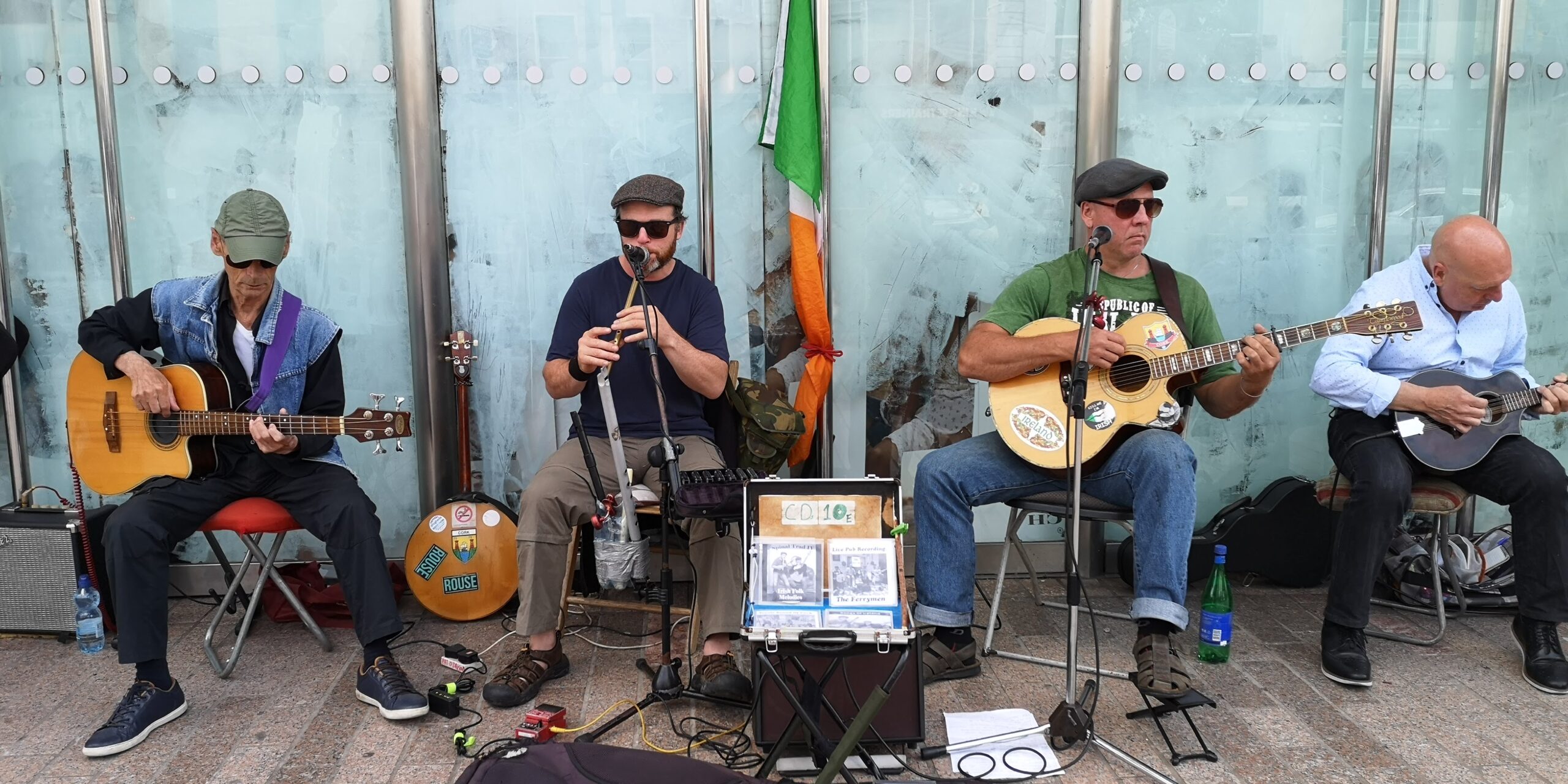
Ireland
While Ireland’s population consists of only about 1.5% evangelical Christians, the Gospel is growing at a higher rate than most places around the globe.
connect with a mission coach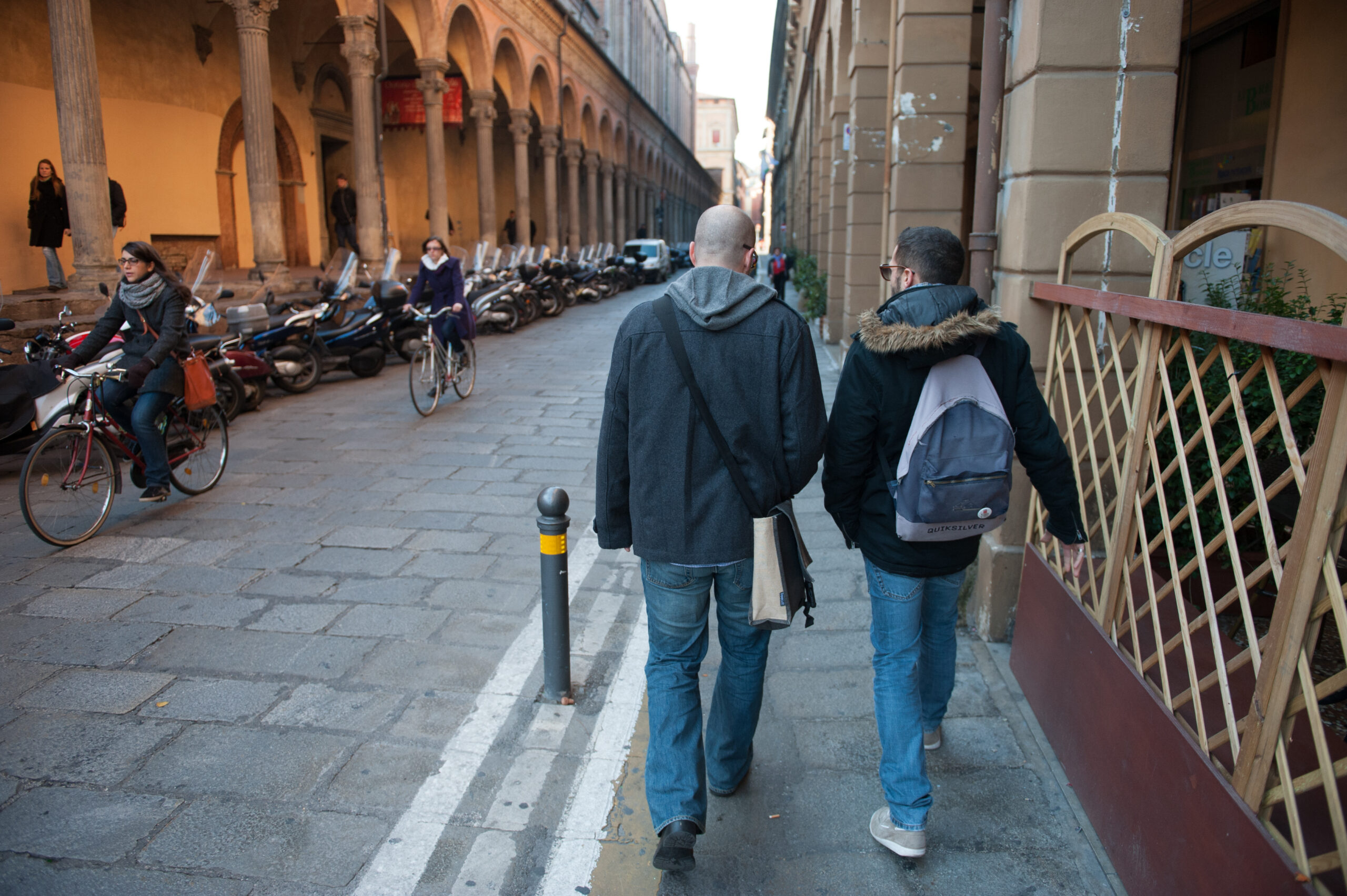
Italy
Italy is home to nearly 59 million people, less than 2% of whom are considered evangelical Christians. Italy’s population includes 23 unreached people groups representing over 2 million people.
connect with a mission coach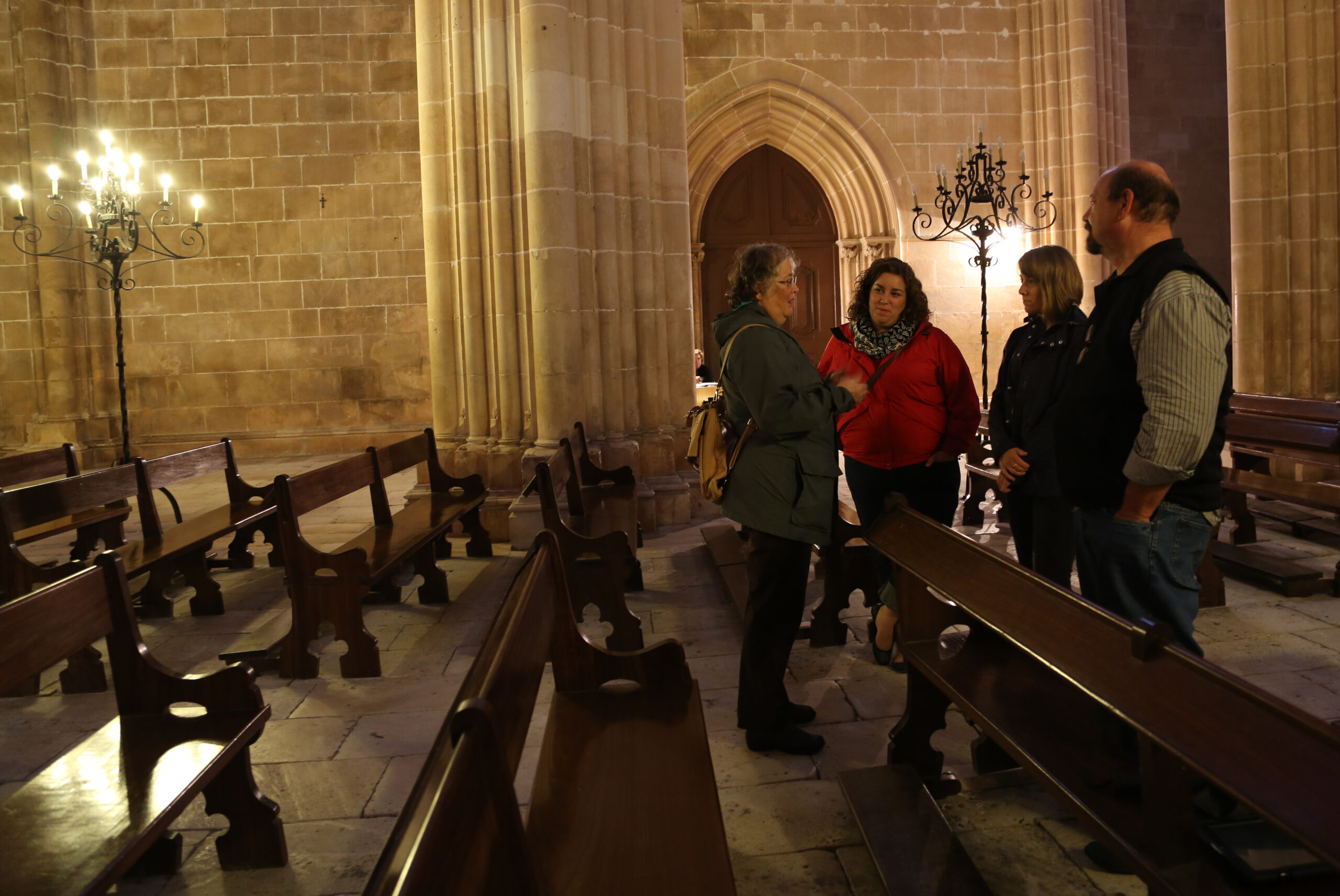
Portugal
Portugal has a total population of over 10 million people, including 43 different people groups. While Christianity is Portugal’s largest religion, only about 3.5% of people living in Portugal are considered evangelical Christians.
connect with a mission coach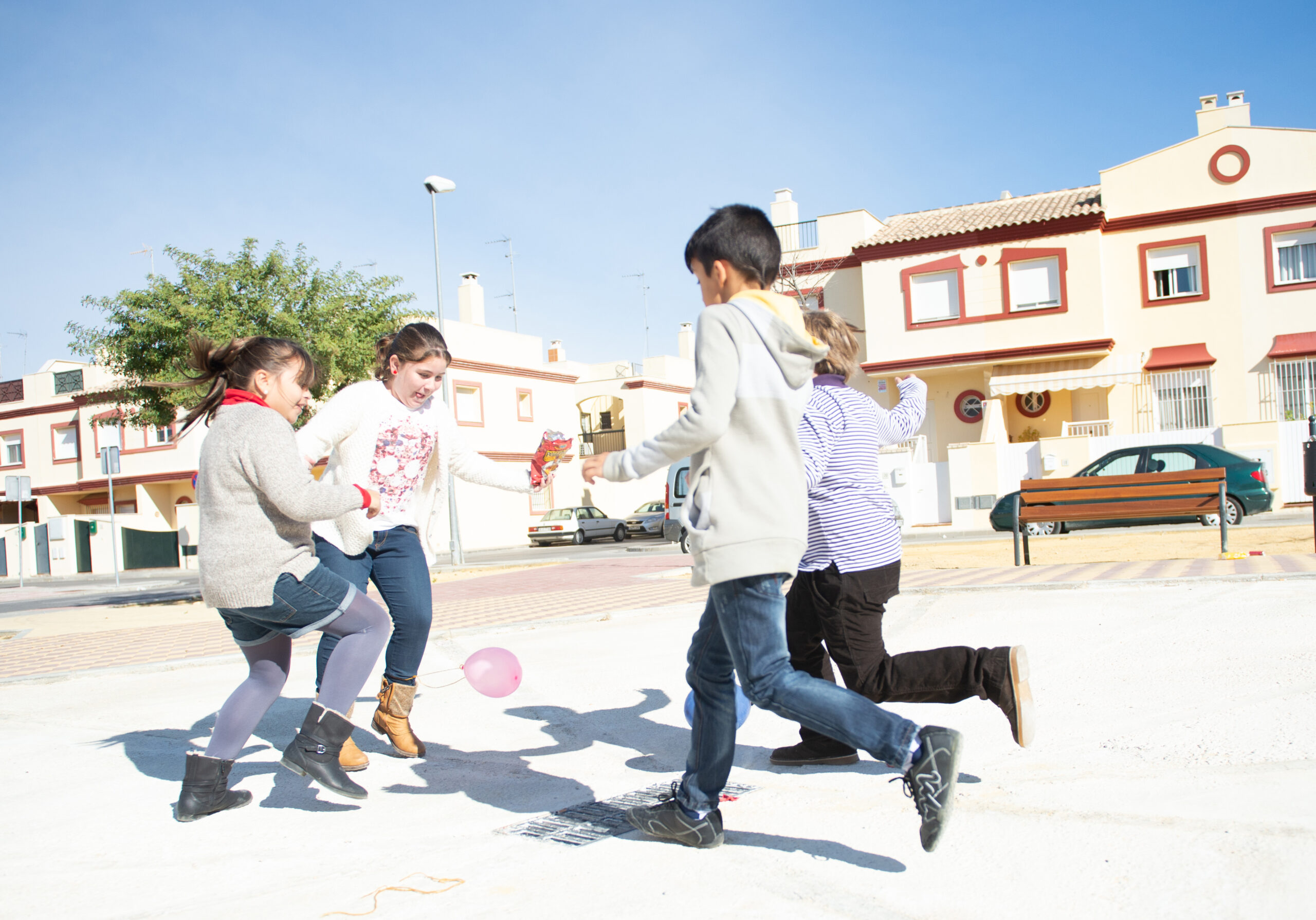
Spain
Spain is home to over 47 million people, and Christianity is its largest religion. However, over 1 million people in Spain are still considered unreached, and the evangelical Christian population is less than 2%.
connect with a mission coach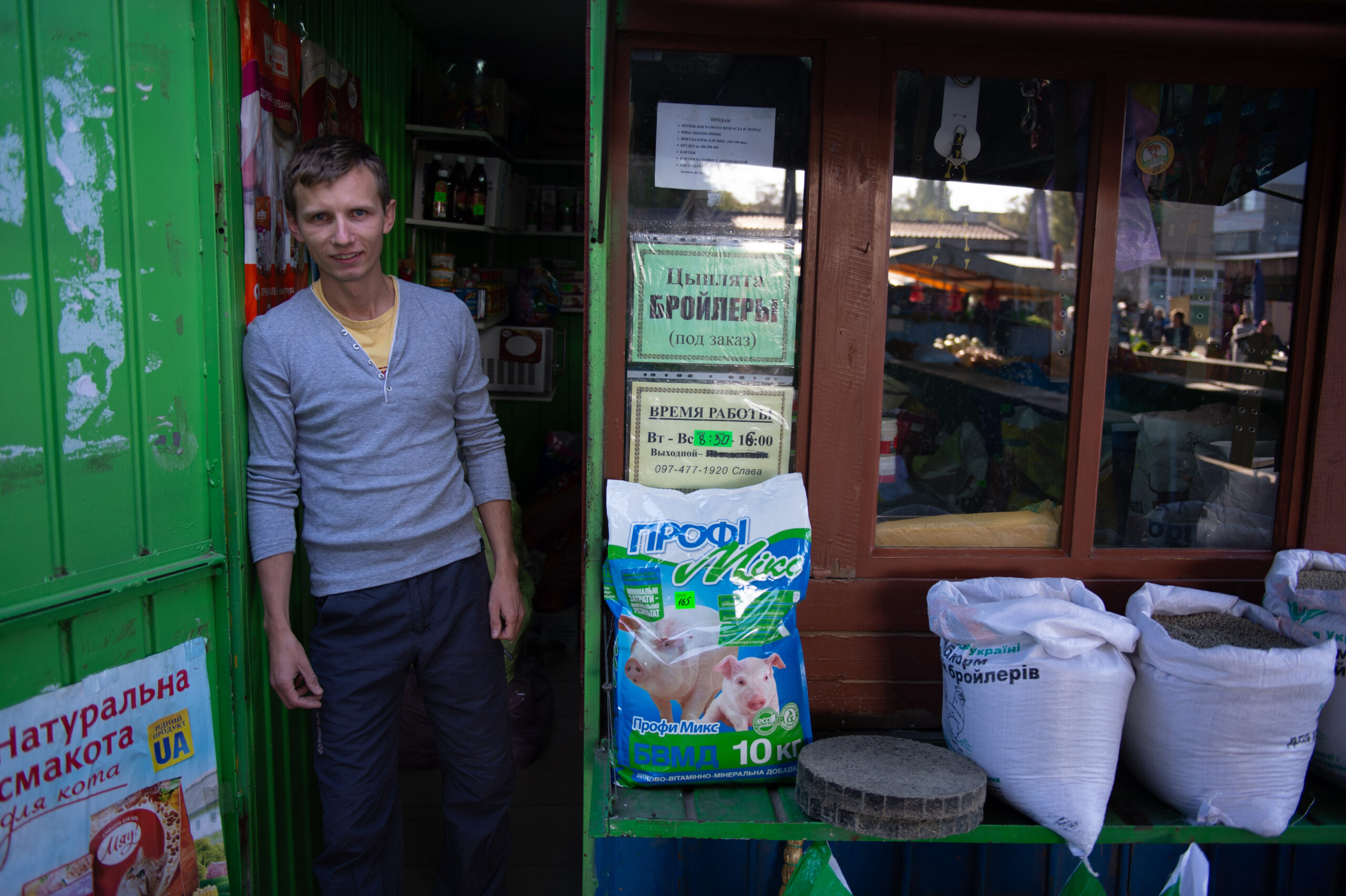
Ukraine
Ukraine is home to nearly 78 different people groups, approximately one-third of which are considered unreached. Despite the war going on in Ukraine, TEAM is blessed to be able to serve and partner with Ukrainians both within the country’s borders as well as with Ukrainian refugees in other regions.
connect with a mission coach
United Kingdom
The United Kingdom is home to nearly 68 million people, 5.5 million of whom are considered unreached. The population in the UK is roughly 7.5% evangelical Christian, and Gospel growth has become stagnant in recent years.
connect with a mission coach
Be a part of God’s redeeming story
God is working in every nation, in every people group, and in hearts around the world. As He calls you to be a part of the story, be obedient in saying, yes, I will go, I will serve, I will pray, I will give.
Ways you Can Impact the Kingdom Through TEAM
-
Go With TEAM
Obey God’s call to make disciples among the nations by joining a community united by and committed to sending disciples who make disciples around the world.
See Opportunities -
Give to TEAM
Invest in something that cannot be shaken. Partner with TEAM to steward your resources in a way that leverages them to make eternal impact by sending global workers to the places to proclaim the rule and reign of Jesus Christ.
ways to give -
Learn about TEAM
God has gifted TEAM with more than 130 years of continuous ministry around the world. There is more to be done. Learn how to pray, to mobilize and why involvement in missions is an indispensable piece of a healthy and obedient life of discipleship to Jesus Christ.
learn more
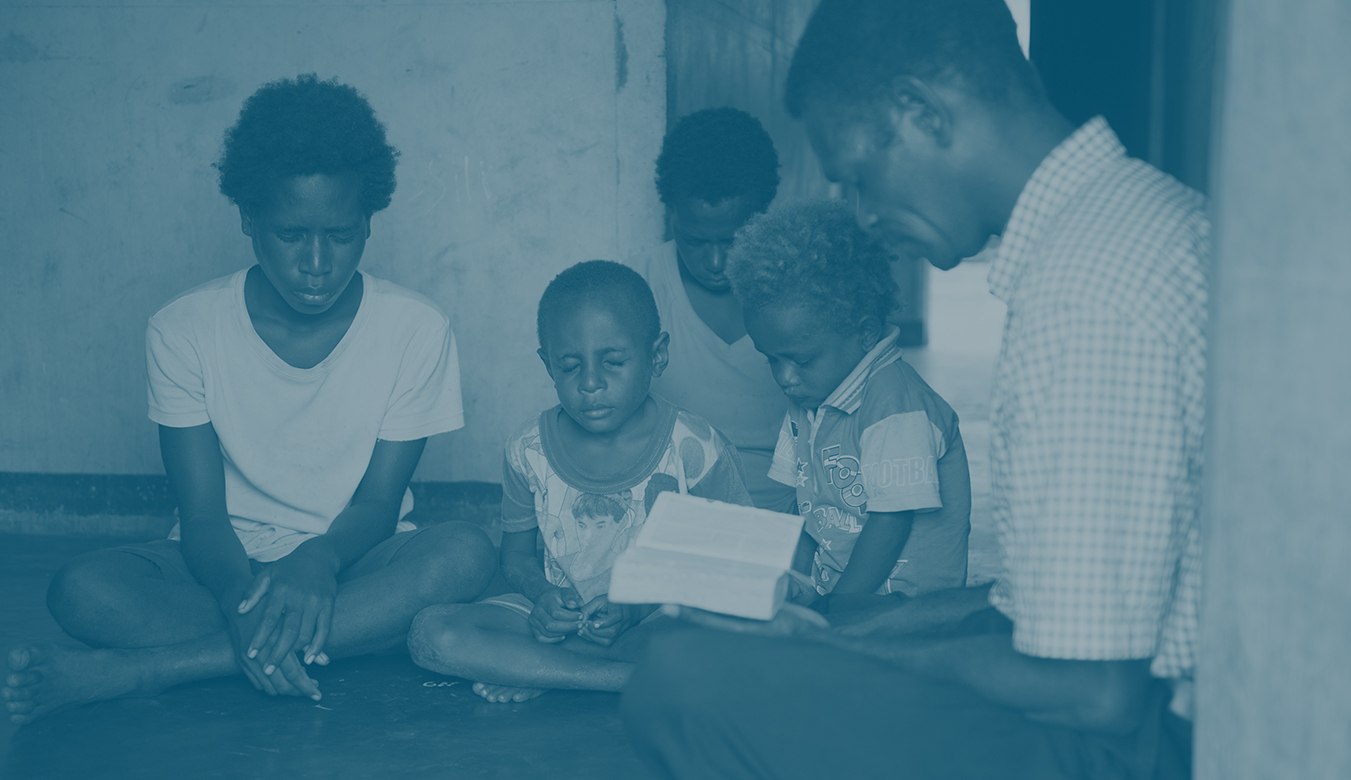
Download the TEAM Connect Newsletter
Stay up-to-date with stories of people just like you who are changing communities across the globe.


